Croatian U-17 Team Bids Goodbye to the European Championship
May 27, 2023 - Budapest: The Croatian U-17 national team played 1:1 with the Netherlands in the last match of Group D of the U-17 European Championship, which is taking place in Hungary.
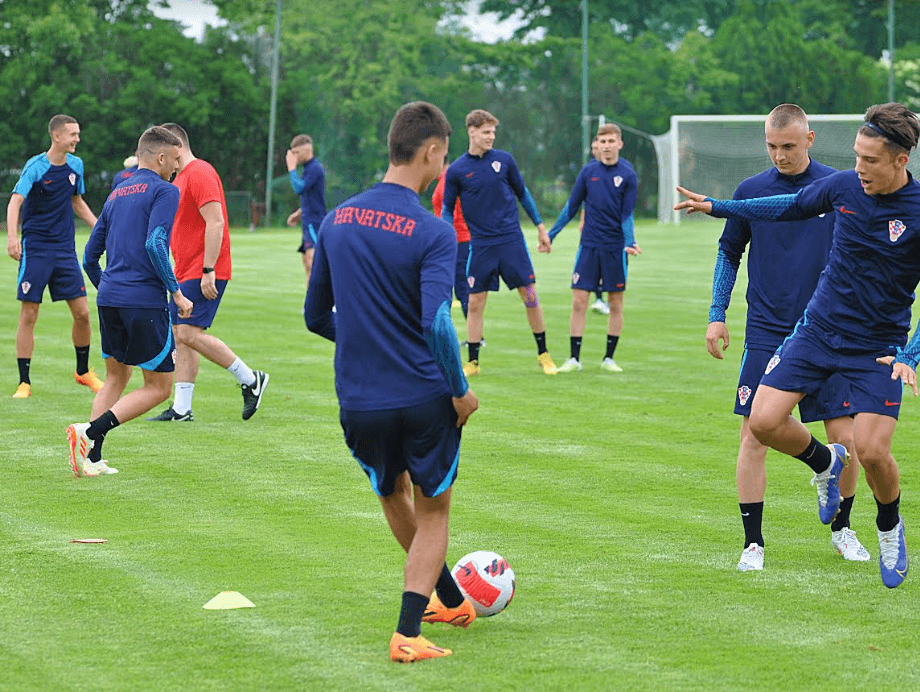
Photo: Slobodan Kadić
Robert Jarni's team finished the competition in third place, behind England and Switzerland, and missed the quarterfinals. Before the draw with the Dutch, the young Croatian national team lost to England (0:1) and Switzerland (1:2).
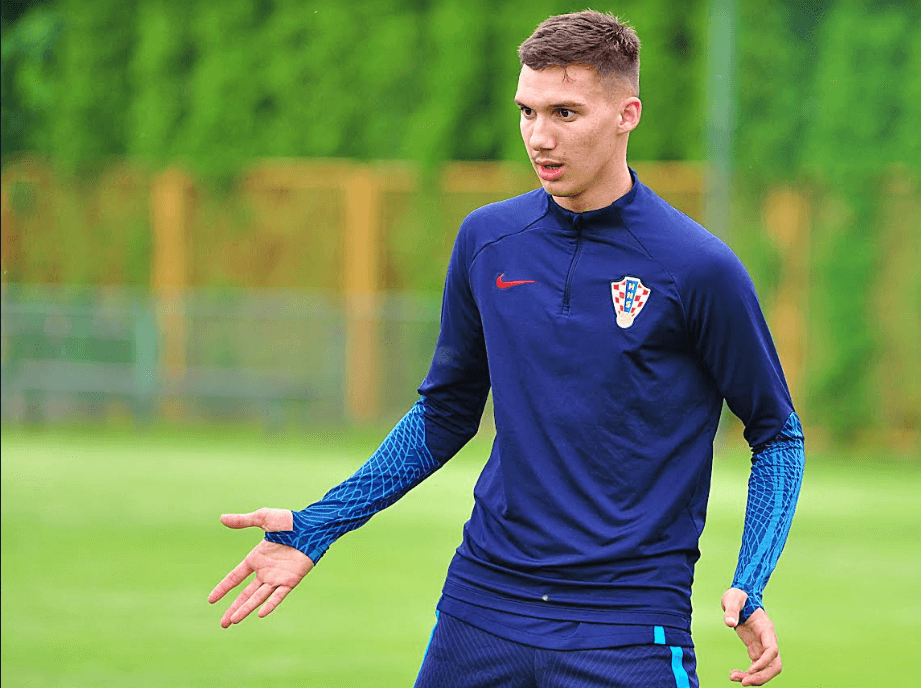
Photo: Slobodan Kadić
"Like in the first two games, we had more chances. We knew how the Netherlands played, and we had great counterattacks, but unfortunately, we weren't as precise as the others. We had to rotate, but everything went very well. These guys must be seen, attitude, and thinking; I hope everyone will find their way.
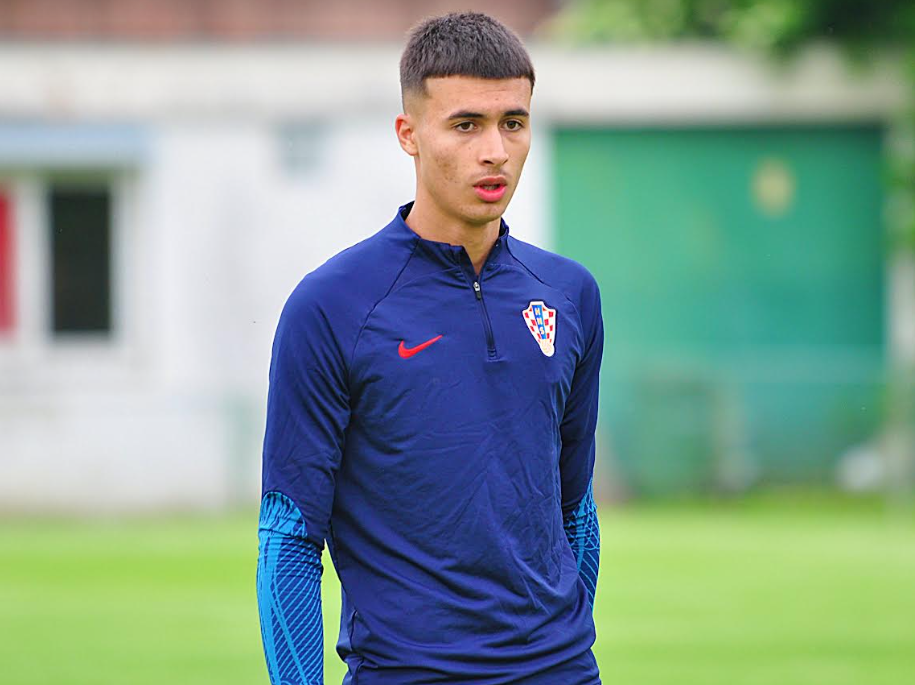
Photo: Slobodan Kadić
Now a new generation follows, which also has a lot of potential, but time will tell. After that, it is up to the boys to work; without desire and will to work, there is nothing - Jarni concluded.
For more, make sure to check out our dedicated Sport section.
Zagreb Advent on Hold, Jelacic Square to Host Croatia Argentina Watch Party
December 13, 2022 - Croatia is in the semi-final of the World Cup. The Croatia Argentina match is scheduled for 8 p.m. tonight and all of Croatia is preparing, including Zagreb's main square.
As Index writes, the Christmas decorations are being hurriedly removed from Ban Jelačić square in Zagreb. The reason for that is the semi-final match of the World Cup in which Croatia is playing Argentina. The match should be streamed at Zagreb's main square tonight. At the beginning of next week, another event is expected to be organised at the same place - the welcome home reception for the Croatian national football team.
When Croatia came in second in the 2018 World Cup, a massive spontaneous party was thrown at the Ban Jelačić square, with more than half a million participants. The celebrations were not limited to Zagreb, with many smaller parties arranged all over Croatia as well. This year, too, most cities in Croatia are organising watch parties at their main squares for the Croatia Argentina semi-final match.
As for Zagreb, Index wrote yesterday that the City of Zagreb started intensively arranging to host a watch party of today's match with Argentina on the big screen at Ban Josip Jelačić Square.
So far, the matches would be streamed at the nearby European Square, but it is expected that this year's semi-final match will attract many more people to the streets of Croatia's capital.
It is also expected that a mass reception party like the one after winning silver at the 2018 World Championship could be repeated, with the difference that this one should take place a few days before Christmas as well, giving it a special festive atmosphere.
The said reception of the national football team will either happen on Monday if Croatia goes through to the final, or on Sunday if Croatia ends up playing the third place match.
For more, make sure to check out our dedicated Sport section.
A1 Motorway Incident - Masked Hajduk Fans Create 9-kilometre Queue
August 28, 2022 - In the afternoon on Sunday, there was a standstill on the A1 motorway, and several kilometres long queues were formed due to an incident with Hajduk fans who stopped on the motorway and got out of their vehicles masked.
As Dnevnik writes, the police prevented a clash between the fans, but the traffic problems continued even after that. Although Croatian Auto Club (HAK) announced around 4:00 p.m. that the part of the motorway in question was reopened to traffic, readers of Dnevnik reported around 5:00 p.m. that they were still standing in place and not moving.
24sata video
“It's a kilometer-long queue. We're not even moving forward. People with small children started getting out of their cars”, a Dnevnik reader reported.
The police department of the Lika-SenjCounty explained that a long queue has formed and that it took time for traffic to start again.
“It's going slowly, the column is almost not moving towards the north. The police are on the ground and they are solving the situation so that traffic can start as soon as possible”, they said.
The Croatian Auto Club announced earlier on Sunday that traffic was stopped between the Gospić and Gornja Ploča junctions near the Jadova rest stop in the direction of Zagreb due to an incident with fans, and the queue was nine kilometres long.
?4? Policija je poduzela mjere i radnje razdvajanja pravaca kretanja navijača:
— MUP-RH (@mup_rh) August 28, 2022
✔️spriječen sukob navijača
✔️bez postupanja policije
✔️bez uporabe sredstava prisile - izdane naredbe
✔️uspostavljeno odvijanje prometa koji je bio u prekidu do 15:55 h
✔️uz cestu pronađene palice https://t.co/8QeeVDOCua pic.twitter.com/pMExy6LnLX
Twitter: Ministry of the Interior
Police found baseball bats by the side of the road
As reported by PD Lika-Senj, there was no conflict between the fans who are now under police surveillance.
The Ministry of the Interior published photos from the motorway on Twitter and information that traffic was stopped by Hajduk fans traveling to Zagreb and Osijek, who got out of their vehicles masked with helmets and clothes. They added that the possible cause was a conflict with Dinamo fans traveling to Šibenik.
The police also announced that they found baseball bats on the side of the road, but they emphasised that the conflict between the fans was prevented without police intervention and the use of coercive means.
For more, make sure to check out our dedicated News section.
Đakovo Hosting Ghetto Games as Part of EUs Sports Initiative
April 21, 2022 - Đakovo is one of the hosting cities of the Ghetto Games Euroleague, a unique street football tournament. It was established as part of the "Medicines for Europe's Ghettos" initiative, with the main idea being the use of street sports as "medicine" for underdeveloped areas in Eruope.
It is supported by the European Union's Erasmus+ program in cooperation with some of the largest street sports organisations in Eruope, including Ghetto Games from Latvia, DGI from Denmark, Fryshusetfrom Sweden, Malta BMX from Malta and the Estonian Street Sports Federation.
As Glas Slavonije writes, the Croatian portion of the tournament will take place at Strossmayer Square in Đakovo, starting on Friday, 22 April at 5 pm. The competition itself takes place in a cage (which is approximately 18 meters long and 10 meters wide), and three such cages will be ready for the competition. Two age groups are participating in the competition, one including ages 16+ and the other focusing on those younger than 16. There will also be a special category for girls/women. As for the entertainment aspect, a competition with the best eight freestylers from this part of Europe is planned. Online qualifications have taken place for this part of the tournament. Additionally, there will be a "1 v 1" competition in a specialized cage, smaller than the others.
The tournament is held in nine other EU cities (Amsterdam, Budapest, Prague, Copenhagen, Berlin, Warsaw, Rome…), which means that Đakovo has now taken a spot on this prestige list as one of the great ones. The arrival of numerous sports participants, clubs, players and influencers from Slavonia is expected. The competition will be live streamed worldwide, and the event will be broadcast on many channels on social networks.
The partners include the EU, Ghetto Games, the City of Đakovo, the Tourist Board of the City of Đakovo, as well as Rafael Spajić, the man who brought Ghetto Games to Đakovo in the first place, after having played street football for over 17 years.
For more, check out our lifestyle section.
Croatian Heartbeat in Brussels: TCN Meets FC Croatia BXL
February 28, 2022 - FC Croatia BXL is the only Croatian football team in the European capital that has already participated in the BXL Euroleague tournament in Brussels for eight years.
Croatian amateur sports clubs are one of the most recognizable symbols of Croatian identity. Today, there are about 200 Croatian football clubs globally, most of which are in countries with sizeable Croatian emigrant communities such as Switzerland, Sweden, Germany, Australia. There is not a big Croatian community in Belgium, but it is undoubtedly one of the most dynamic.
Brussels is a lively city that attracts many young talents, being the centre of European institutions. There are also national delegations and the leading European headquarters of the most important international NGOs. With the entry into the European Union, Croatia has also been able to spread its talents and allow many qualified Croatians to start their professional growth here in Brussels. Being surrounded by a favourable environment makes, of course, the difference; that’s why new job opportunities are not enough to be happy.
To settle in, someone must also feel welcomed, find a place where to pursue one’s own interests and passions. And it is precisely from this idea that in 2014 Leon Leskovec (EU Parliament employee) decided to organise a football team that could bring together and welcome Croatian sportspeople. A place where to breathe some homeland spirit. As a result of this call, a weekly meeting point was gradually established, which helped develop friendships and relationships between the participants.

Photo: Archive FC Croatia BXL
We met Diego Antoncic (who works for an Austrian consulting firm) and Oskar Whyte (EU Commission employee), who play a big part in the club.
Tell us a bit more about how you have organised yourselves?
Since 2014 we have regularly participated in the BXL Euroleague with 17 other international teams. FC Croatia BXL is the first Croatian football team in Brussels to participate in this competition. The team consists of about 32 players, of which 70% are Croats (at least of origin), and the remaining are "foreigners" from Bulgaria, Greece and Arab countries, etc. Therefore, we also have our "foreigners”! The age group is between 25 and 35 years old. We train on a weekly basis, and the official matches are held during the weekend at the Stade Chazal, owned by Schaerbeek, one of the Brussels communes. The Schaerbeek commune and all of their employees have been supporting the club for years and providing the necessary football pitch to compete in the league. We are currently in the middle of the rankings, but we hold on and plan to do great things this year: the spirit keeps us motivated!
You don’t have an official coach, but you have created a technical board and consult before each game. Do you get along?
Besides being a team, we are also friends who meet outside the matches, even after work. Those who move here soon start looking for an activity that makes them feel "at home”. Usually, football among us guys is a significant motivational boost. Mladen Mlinaric has been our coach for a long time, but two years ago he went back to Croatia. Since then, we have gotten along well as a team of coaches. A proof of this is that we also organised our first Team Building last year in Bosnia and this year we will do it in Bulgaria to pay homage to one of the "foreigners" in our team. We believe it is a positive gesture and a sign of good integration.
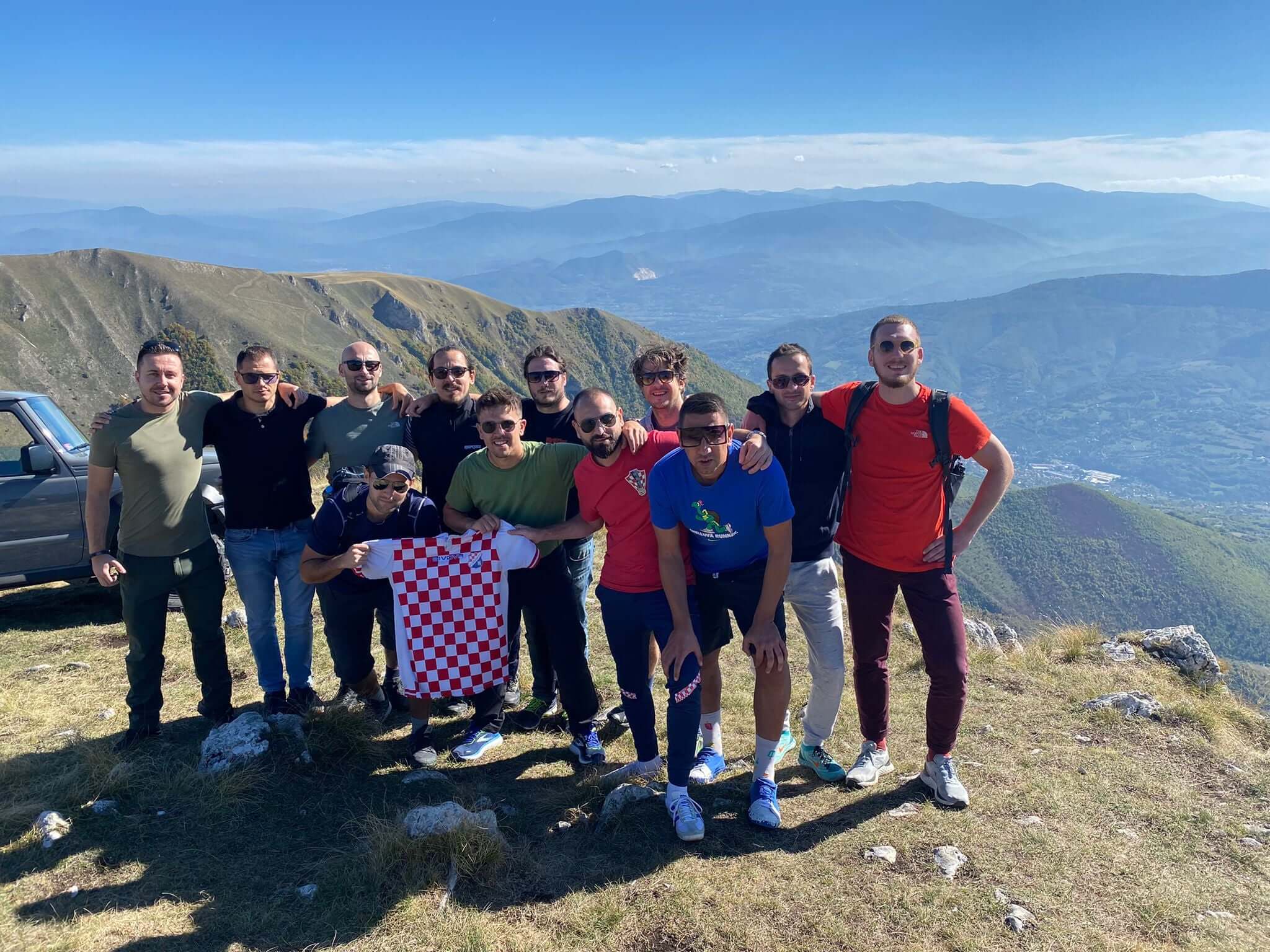
Photo: Archive FC Croatia BXL - First Team Building
And how do you organise when our national team plays?
Since we enjoy and play football ourselves and have a good audience that follows us, we regularly organise watching the matches of our national team at the Stade Chazal. During the Euros and World Cup, the city of Brussels also sets up mega screens in strategic points, such as the Cinquantenaire Park. We usually book a whole side of the lawn under the big screens to enthusiastically support our “Vatreni”, contacting all our followers and spreading the word to be as numerous as possible.
FC Croatia BXL self-finances all expenses (from stadium rental to membership fees). They have only two sponsors: the Mexican restaurant “El Sombrero” in Leuven (the owner is Croatian and their long-time player Adrian) and Access Advisors, a consultancy owned by one of our strikers. The Croatian National Football Federation has twice given them the uniforms to play and as of a few weeks ago, they are expecting a new self-funded delivery. They would also like to play with other "Croatian" teams in Europe or even host teams directly from Croatia. In June, they usually organise a tournament between Croatian teams from neighbouring countries (Holland, Luxembourg, Germany) to celebrate the Croatian national day together. In 2016 they were also candidates for the Večernjakova Domovnica for the sports category.
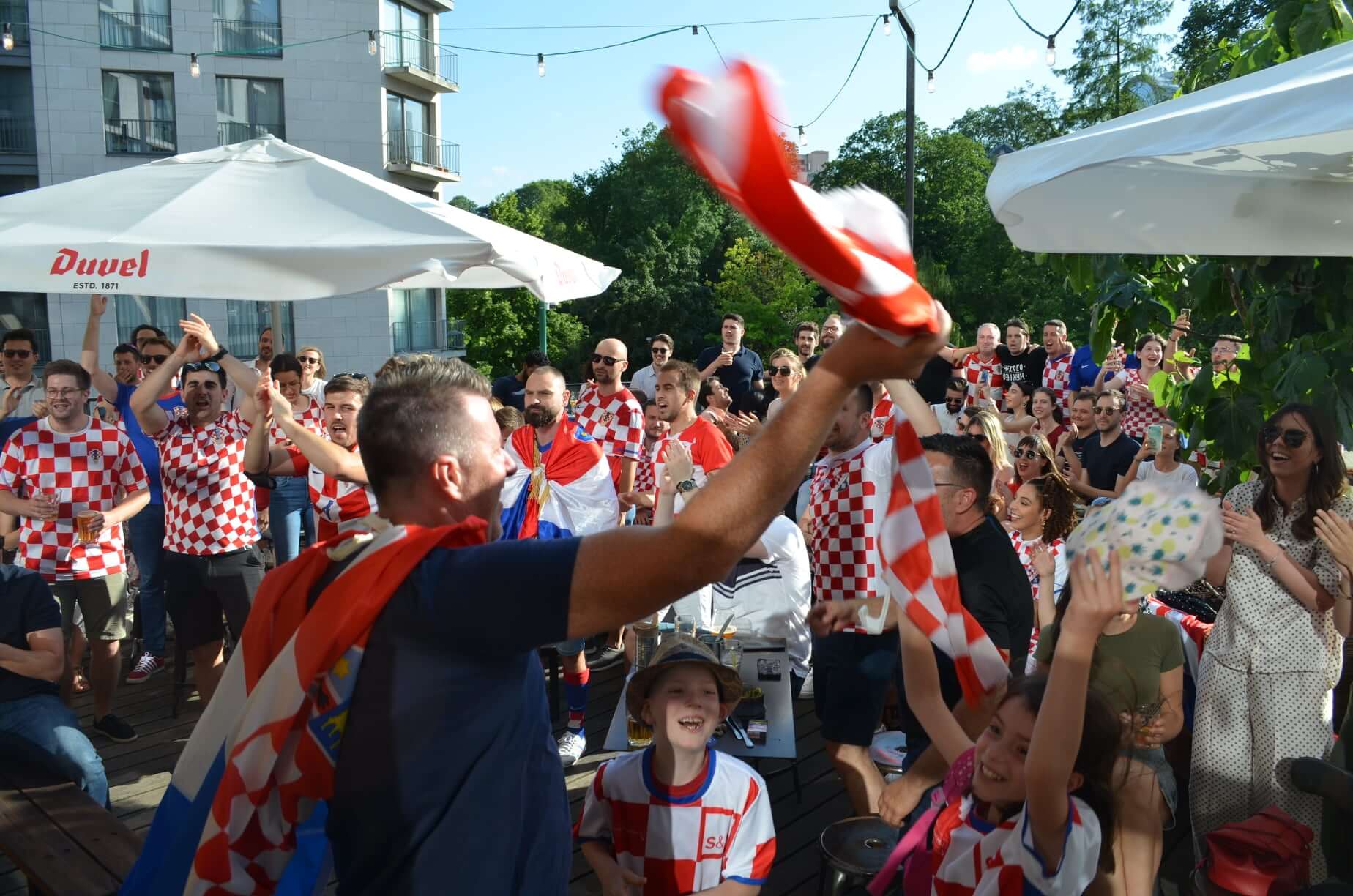
Photo: Archive FC Croatia BXL
We look forward to seeing how they will organise for next autumn with the World Cup in Qatar. Still, given their overwhelming enthusiasm and excellent organisation, I would advise Croats in Brussels to follow their Facebook page not to miss any opportunity to support and cheer on Croatian sport, starting from the local one.
To read more about sport in Croatia, follow TCN’s dedicated page.
Exposure of Female Athletes in Croatian Media: Can We Do More?
February 3, 2022 - Croatia has had unbelievable success in multiple sports since independence, regardless of funding, the size of the country, and various other factors. Football comes to mind, handball, water polo, and many more. However, some of the biggest success Croatia has ever had was achieved by female athletes. Why do we hear so little about them and can we do more? A look at the exposure of female athletes in Croatian media.
The number 4. It symbolizes a lot of things in the world: Marvel comic book heroes Fantastic Four, four sides of the world, Croatian band Four Aces (4 Asa), four medals Janica Kostelić won in the Winter Olympic Games in Salt Lake City in 2002 and so much more. However, besides this last great achievement number four represents for Croatian sports history, it also displays an abysmal percentage of media coverage of female sports in Croatian media. A
According to the analysis “Equality Between Men and Women in Sports Programs of Audiovisual Media”, conducted by Electronic Media Agency in 2019, across the three major TV stations (HTV, RTL, NOVA TV), the majority of media coverage (during sports news) is spent on men’s football, and men’s sport, in general, takes over 80 percent of the informative sports news. It dominates on commercial TV stations like RTL and NOVA TV. This sample is taken over three months in 2016, where they analyzed over two and a half hours of news footage. The agency also included other factors like female athlete speeches during informative sport news, which amounted to around six percent. After football, the most represented sports are basketball and tennis. Although in modest proportion, news about female athletes and their successes is still present. Television reports and articles that are dedicated to “unrepresented” sports like gymnastics, alpine skiing, archery, and athletics, have female athletes, however, they are always reported with men.
The only time female athletes are covered in the media is when the “miracle run” happens; e.g., Croatia women's handball team winning the bronze medal at Euros in 2020, or a Croatian female athlete becomes an internet sensation because of her beauty e.g., Antonija Mišura in the London Olympics in 2012.
The Electronic Media Agency also forwarded a survey with two main questions to sport federations and media representatives: “Do you think that women's sport in Croatia is sufficiently represented in the informative program of Croatian electronic media” and “What should happen or improve to make women's sport more represented in electronic media? Where do you see the problem and the possibility for improvement?”.
In conclusion, all sport federations agree on a few things. The amount of women’s sports content on their official social media and websites is almost equal to men’s but the media is not trying enough to do the same. Oversexualizing news about female athletes is, unfortunately, a common thing - emphasis on the looks, the way they dress, who are their partners, and more. Furthermore, no television coverage, e.g. Croatia women’s handball team didn’t have TV coverage for most Croatian viewers during their incredible run at European Championship in 2020, until they reached the semifinals of the tournament. Most of the women’s sports games are aired during night as replays, which is still not good enough. In their response to the survey, they also emphasized the effort they are putting in making women’s sports more popular in Croatia and sent a message to the media to start covering female athletes in an appropriate manner.
On the other hand, media representatives agree with sports federation pleas but also express their obstacles in doing proper media coverage for women’s sports. Particularly, the market trends in the media sphere. They have statistics and parameters that show distinctly more hits and clicks on articles about men’s sports, in this case, football. Also, the situation in other countries is not better - there are struggles as well in reporting women’s sports news. In the end, media representatives still feel like they could do a lot more in informing the Croatian public about successes their female athletes achieve and hope, with the support of other institutions and Croatians will, that the future is bright for reporting about women in sports.
How can we, as the media, make sports events and news more diverse, interesting, and appealing for everyone? How can we expand the interests of Croatians to female sports as well? Again, the question from the beginning of the article is - can we do more? Yes, but we cannot do it alone. It is well known that Croatia has incomparably fewer money investments in sports than other countries in Europe and if it isn’t for our amazing athletes' will and passion, we would not be where we are now. Croatia still doesn’t have appropriate marketing campaigns for women's sports nor regulations which would encourage more media coverage.
Nevertheless, journalists and media also need to do better. Oversexualizing every aspect of female athletes and bigotry through Croatian media probably won’t go anywhere soon but with future regulations and by joint efforts with other sports and governing institutions, the media atmosphere will be much more favorable for female athletes.
If we can celebrate them when they are on top of the world, we can at least give them a platform to show them that there are people who care and support them regardless they are best or not. These surveys studies showed that every representative in Croatian sports media and sports itself know about the issue. The talk is in progress and slowly but surely the act is in motion. We can start here.
To read more about sport in Croatia, follow TCN’s dedicated page.
Sports Culture in Slavonia: How One Tournament Became a Way of Life
30 January 2022 - Croatia, in comparison to other countries in Europe, is relatively small. However, what’s really beautiful about it is the diversity of every single region in terms of tradition, culture, the mentality of the people, and more. Sport fits that narrative as well. This is a story of how small Slavonian villages lived and still live through sports during summer. A look at sports culture in Slavonia.
When it comes to summer in Croatia, most of the residents in Vukovar - Srijem County think about how can they “escape” the unbearable Slavonian heat and relax on the beautiful Adriatic coast with no obligation to anything. Unfortunately, people who are unable to afford the trip to the coast stay in and brainstorm what to do to “kill” time. Summer sports events became one of them and stayed relevant even today. The main question is, when did this all start? How have these tournaments become so integral for residents of small Slavonian communities?
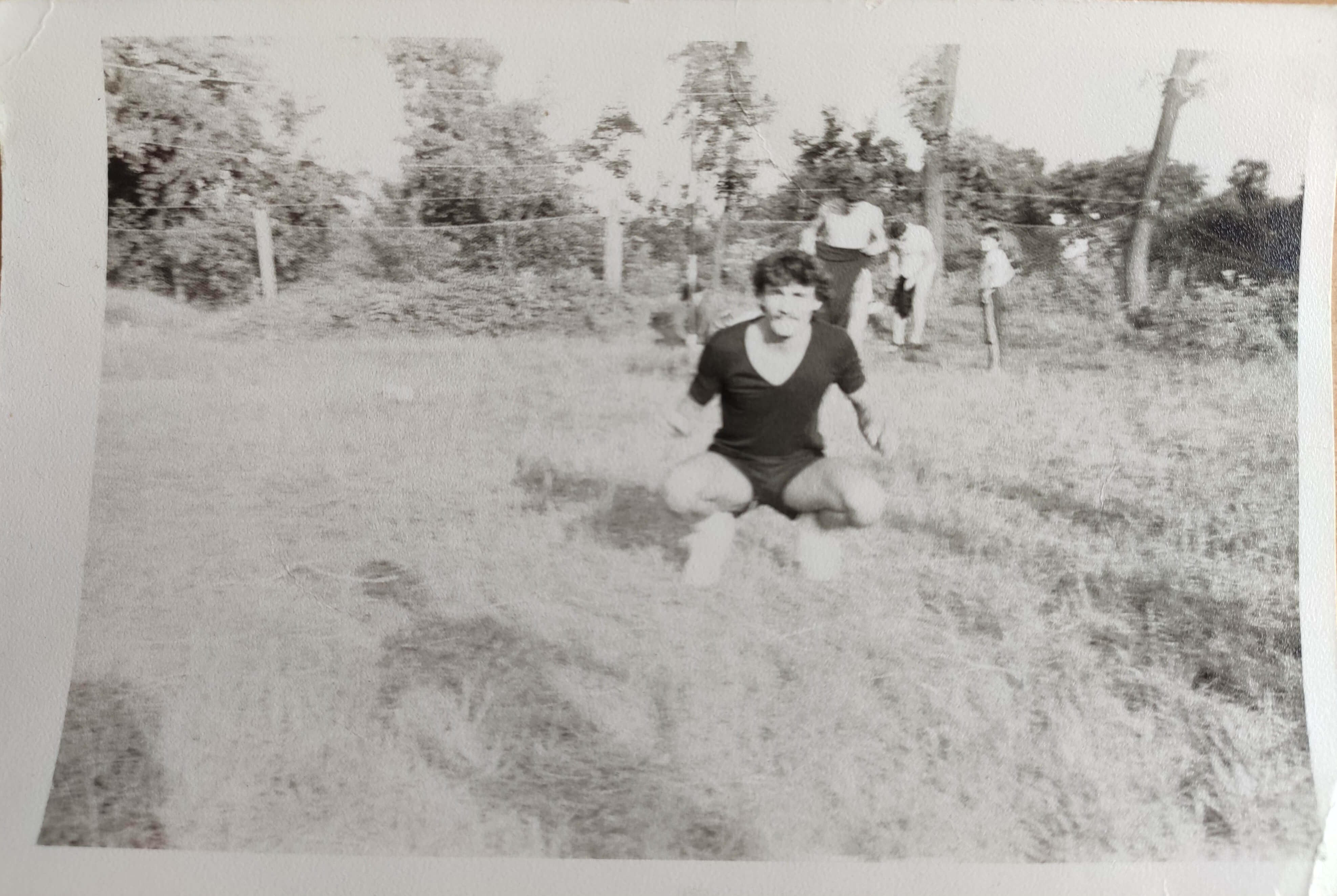
My father preparing for the football tournament in the early 70s, Private album/Dora Naletilić
According to Bijelić (2008) and his article The Beginning of Playing Football in Đakovo, “it was started by students who, over summer school holidays, stayed in the cities that did not abound that much entertainment for young people. Sports, or in this case, football, was supposed to enrich the social life of the place, expand the possibilities of creative expression and in socially acceptable way articulate the accumulated youthful energy.” There weren’t dressing rooms where participants could get changed in sports gear or leave their personal stuff. It was an open meadow with no shade, exposed from all angles. However, that did not stop anyone, they just wanted to play football.
Growing up in a Slavonian village during the 90s and 00s had its pros and cons but the biggest advantage was definitely sports tournaments that took place during summer school holidays. The anticipation could always be felt near the end of the school semester. Teams participating would be revealed and speculation would begin: Who is playing for which team? Who is leading them? Our neighbour? Someone’s brother? Sister? Cousin? Some guy from another village who was a professional athlete? It seems silly to the outsiders but for us, it was a highlight of the year. It started with Municipality Day, a village fair celebrating a local saint (in this case St. John the Baptist), an amusement park that entertained kids during the day and it continued until the evening when the summer tournament was about to start. It didn’t have a particularly fancy venue; a playing field made out of concrete suited for handball and bleachers which were made out of the same material. Nothing special. Until it was.
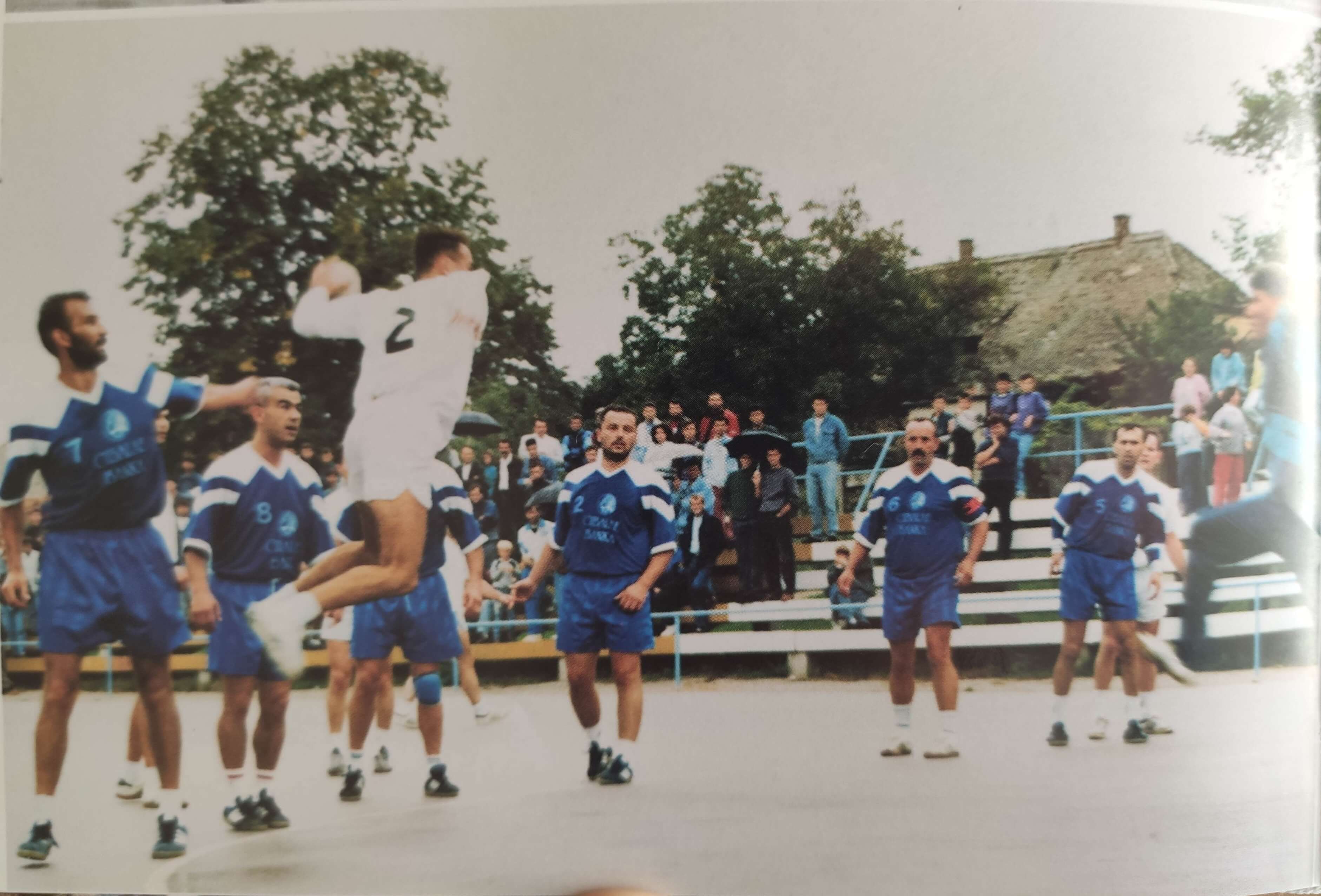
An old concrete field that was used for handball and football in the late 80s, "Rukometni klub u Ivankovu 1966 - 2016" book by Handball club "Cestorad" Ivankovo
The organization consisted of three main segments: the staff that kept the score and records of participants, sponsors of the venue, and of course snack bars, which were filled with local cuisine. When that was settled, the tournament could begin. The whole village of Ivankovo would participate in the event and support their own favorite teams. The supporting crowd would take out their own sirens that firefighters would use in their interventions and the atmosphere would seem like there was a huge national football cup game going on. Parents would drink their beers and nibble the seeds with their children, while the older folks would loudly comment on everything happening on the field. It was a picture-perfect small-town atmosphere that we (now young adults) think fondly of.
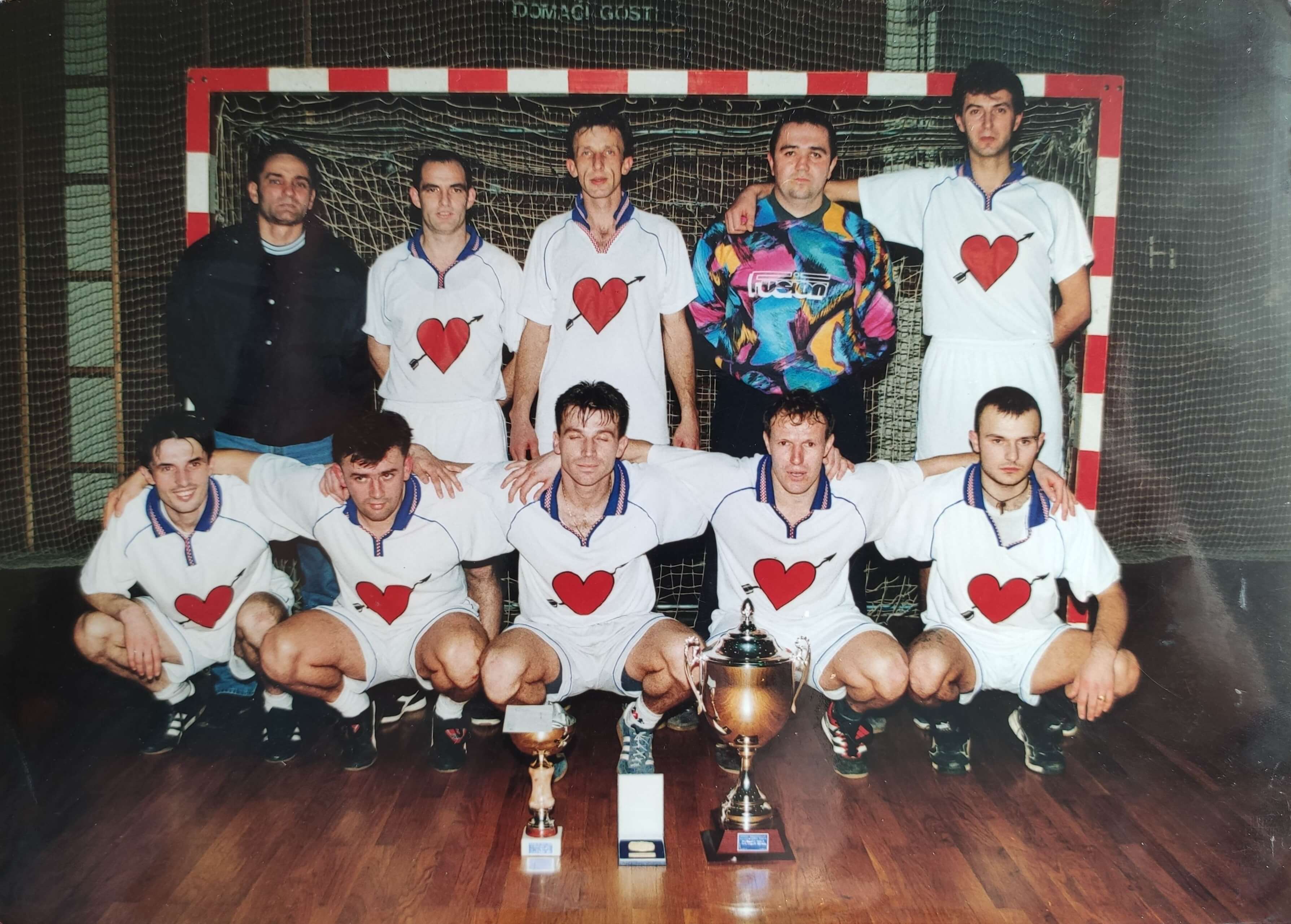
"Lutajuća srca" after winning the summer tournament, the early 2000s, Private photo album/Dora Naletilić
Looking through the old photos reminded me why I started loving sport in the first place. My father was constantly participating in villages sports tournaments, mostly football ones, where he would have his own team competing for the title of the best in the village. His team was called “Lutajuća srca” (Wandering hearts) and has won multiple tournaments over the years. One of the best feelings in my life was carrying that trophy across the field after excruciating penalties and the sound of the fellow villagers clapping and cheering.
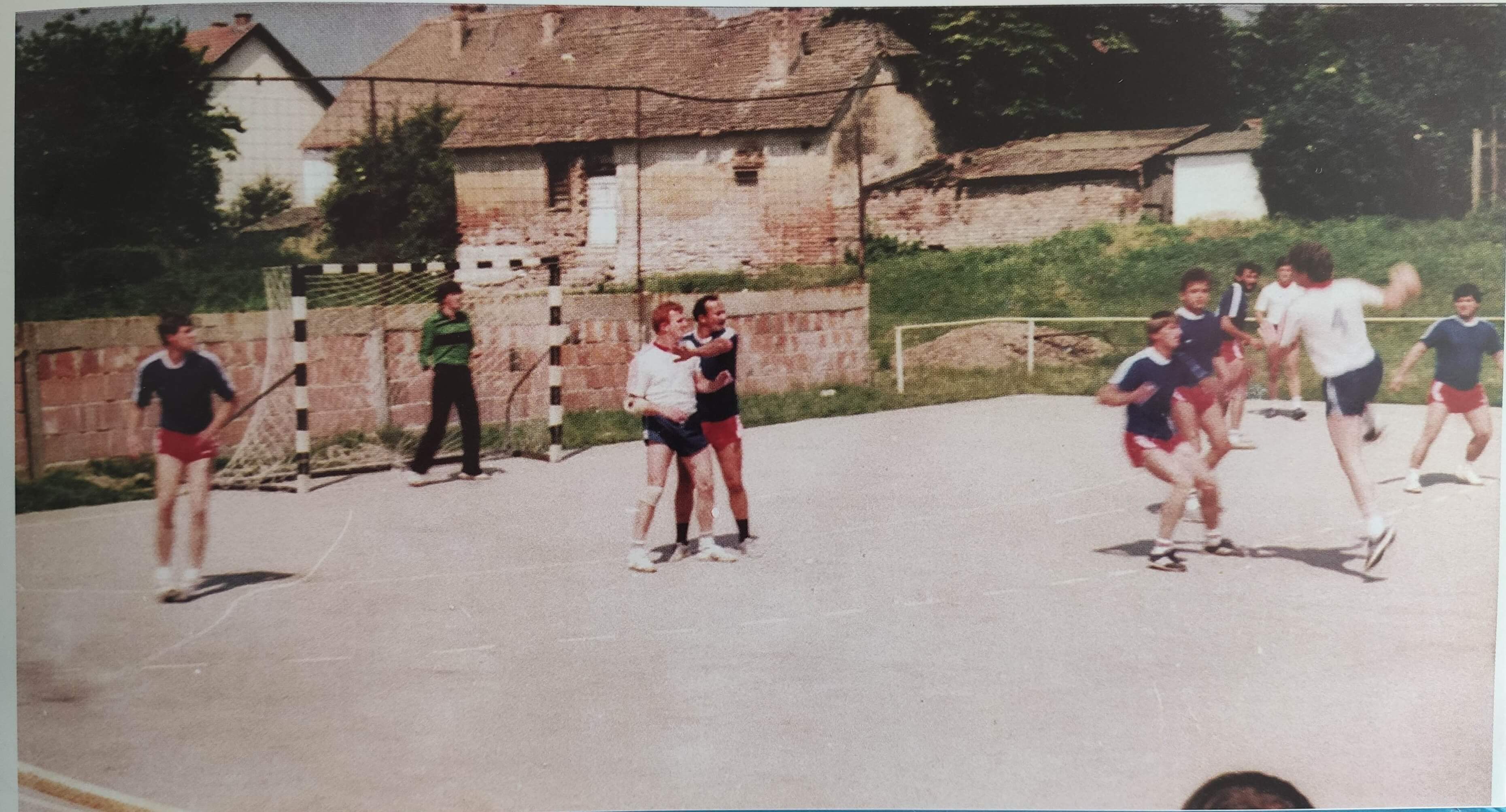
Old handball tournaments in 1986, "Rukometni klub u Ivankovu 1966 - 2016" book by Handball club "Cestorad" Ivankovo
Football wasn’t the only sport Ivankovo had to offer, handball always had and still has a big impact on sports fauna in this part of Slavonia. When the sports arena in Ivankovo was built, children and senior players finally had a venue where they could play their league games. After the mass, every Sunday morning people would go to the games and root for their team. Generations of families were always part of sports teams (including my brothers) and it stayed like that even today.
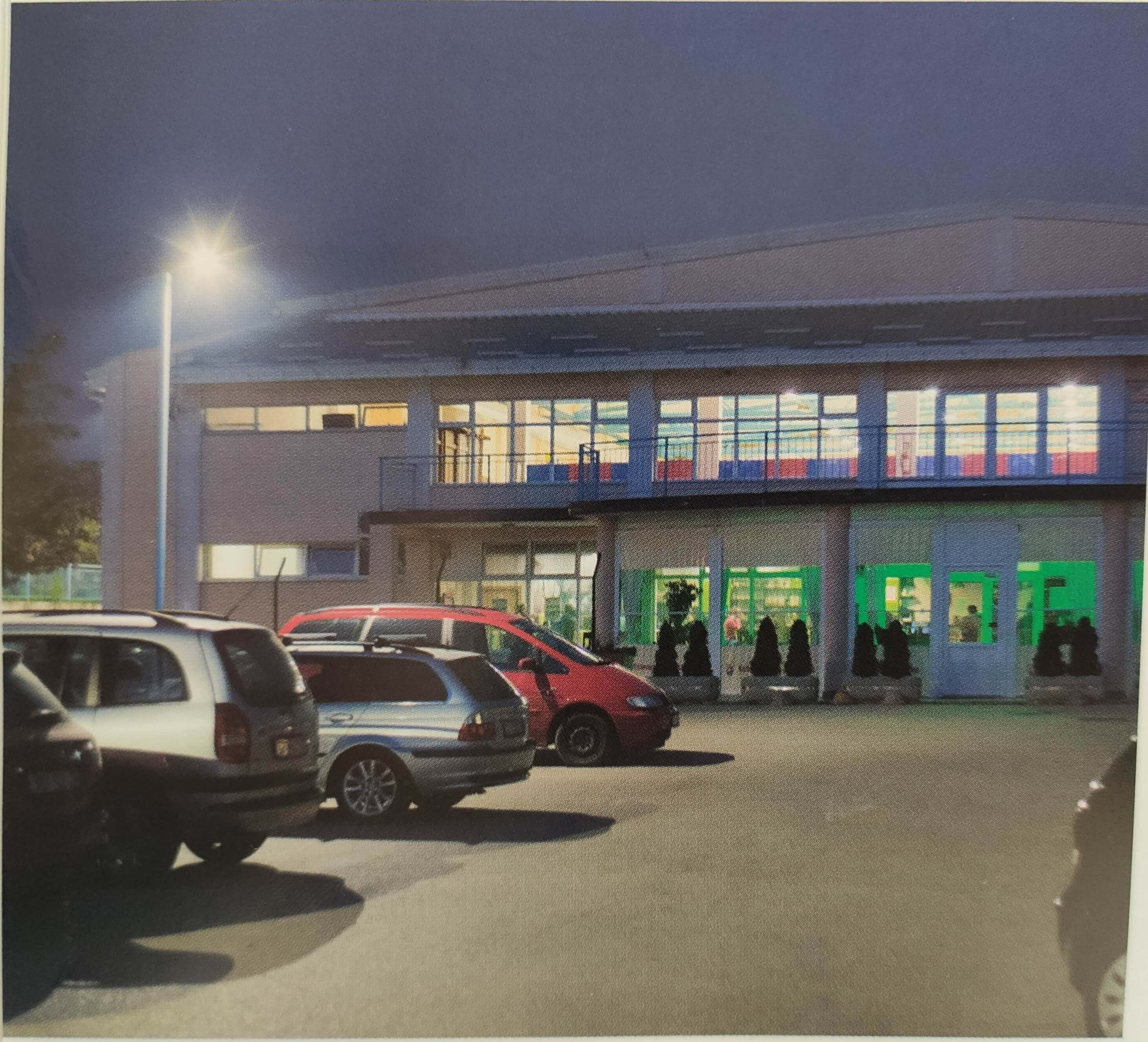
Sports arena opened in 2008, "Rukometni klub u Ivankovu 1966 - 2016" book by Handball club "Cestorad" Ivankovo
The annual summer tournament in Ivankovo maybe doesn’t have that charm it had 20-30 years ago but it’s still happening to this day. Sports games as a part of the “Summer in Ivankovo” are still going strong with other surrounding villages having their own traditional events. This only just shows that nothing in this country is taken for granted; if we love it, then we truly love it with all our hearts and souls. Sport is not just entertainment here, it’s the way of life. 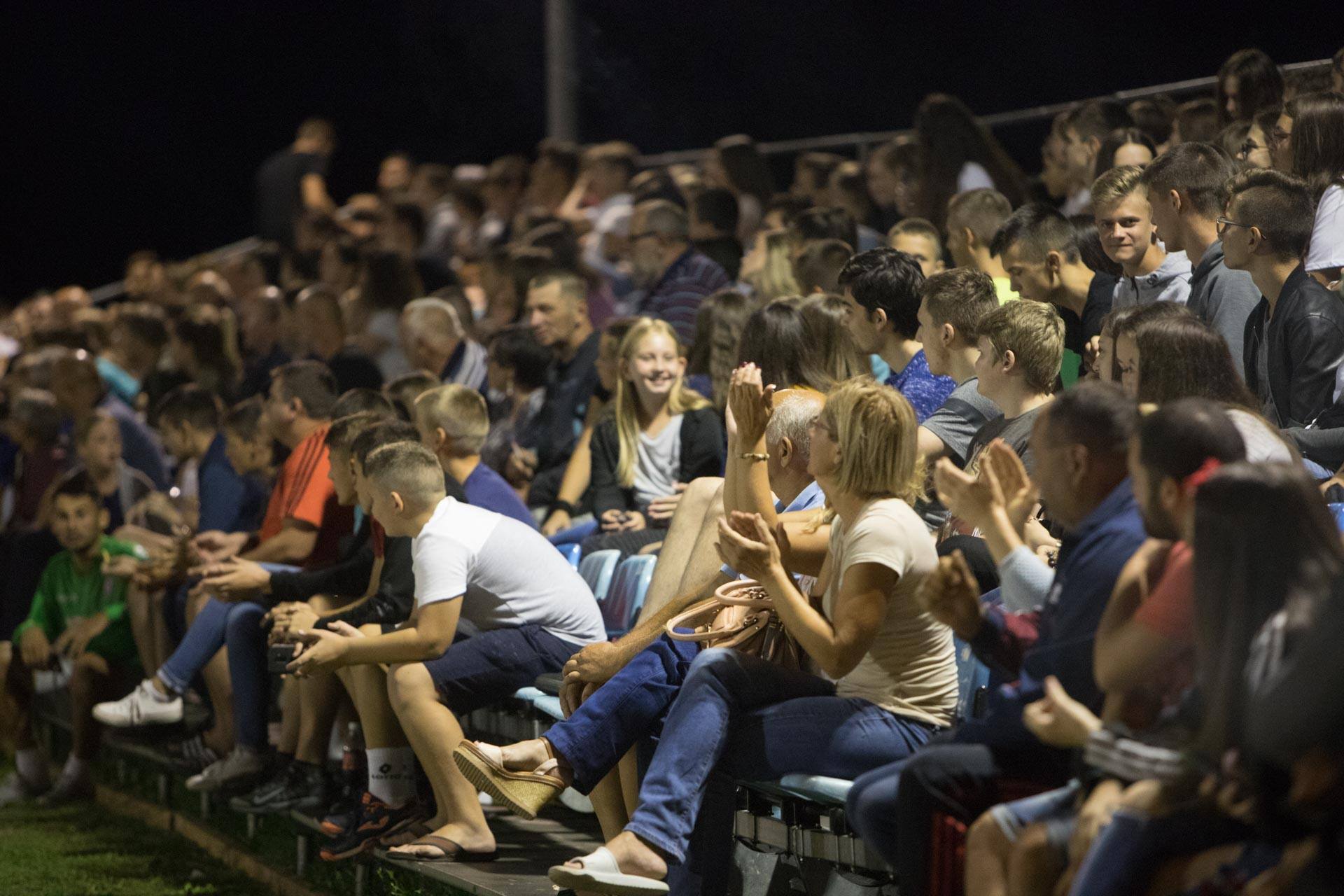
The crowd at a sports event during "Summer in Ivankovo", photo credit: Ivankovo.info
To read more about sport in Croatia, follow TCN’s dedicated page.
Highlights of the Week: 5 Big Events in Croatia from June 28-July 4
June 3, 2021 - TCN's highlights of the week. A look at the events in Croatia from June 28 through the selection of TCN's reporter Ivor Kruljac.
EURO 2020 elimination and Dario Šarić in the NBA finals. Zagreb witnessing a series of arrests related to corruption of Milan Bandić's reign and explosive device planted in Split. In the midst of it all, is COVID-19 vaccination on its way to becoming obligatory and not optional? You may prefer the good news or the bad news, but here is both, as another week in Croatia comes to an end.
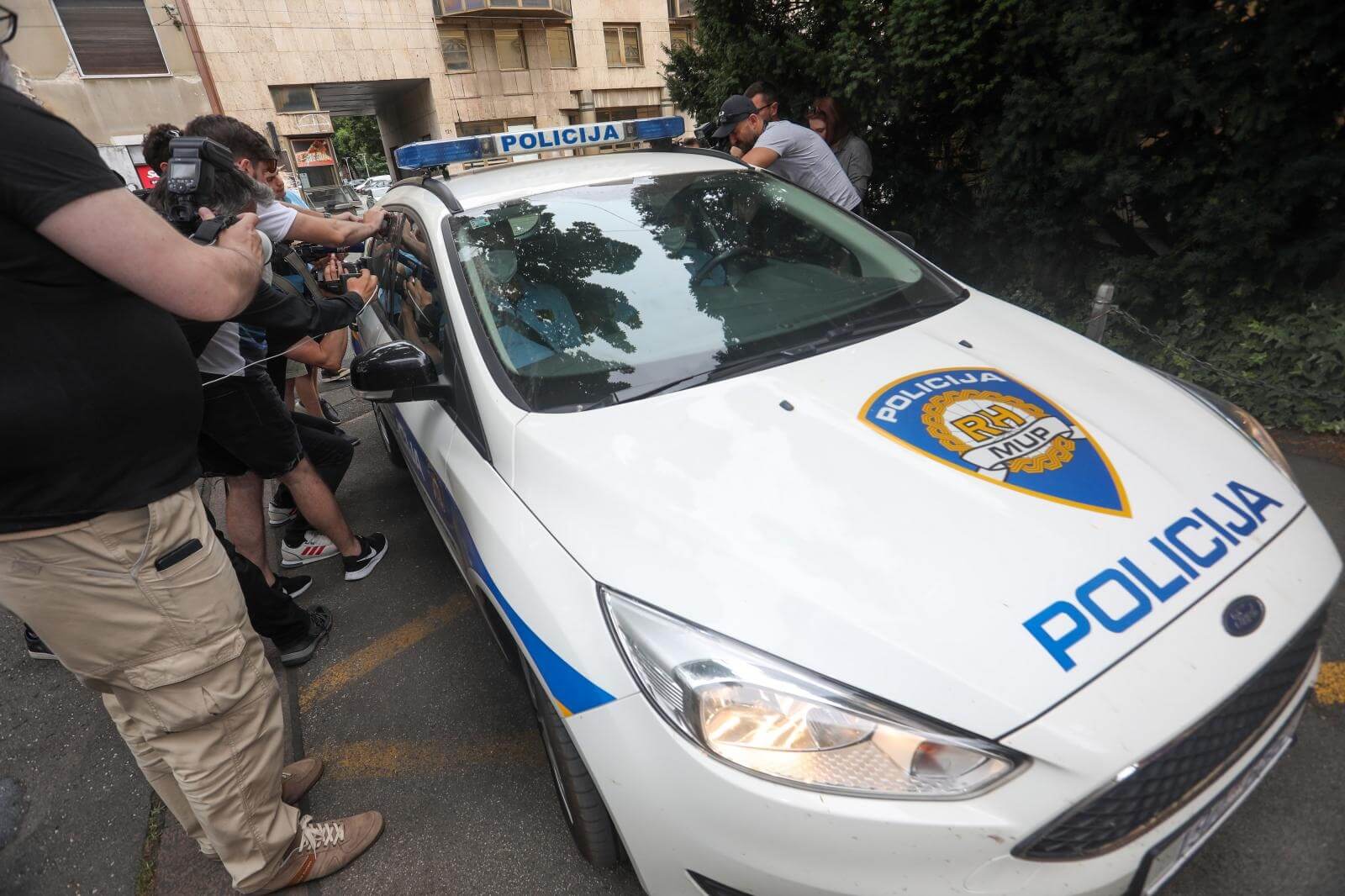
© Marin Tironi / PIXSELL
Highlights of the week: Uskok arresting Zagreb entrepreneurs and associates of former mayor Milan Bandić
The Office of Zagreb Mayor Tomislav Tomašević said on Wednesday that a preliminary investigation by members of the Office of the Chief State Prosecutor and the Office for Suppression of Corruption and Organised Crime (USKOK) started at the city administration offices at 6 am on Wednesday.
As TCN wrote, several people were arrested on suspicion of corruption, including the director-general of the HRT public broadcaster, Kazimir Bačić, Andrea Šulentić, and Ana Stavljenić-Rukavina. Both Šulentić and Rukavina were directors in Zagreb administration offices and close associates of former mayor Milan bandić. At the same time, details Bandić's heavy corruption (suspected and known publicly earlier) came to light.
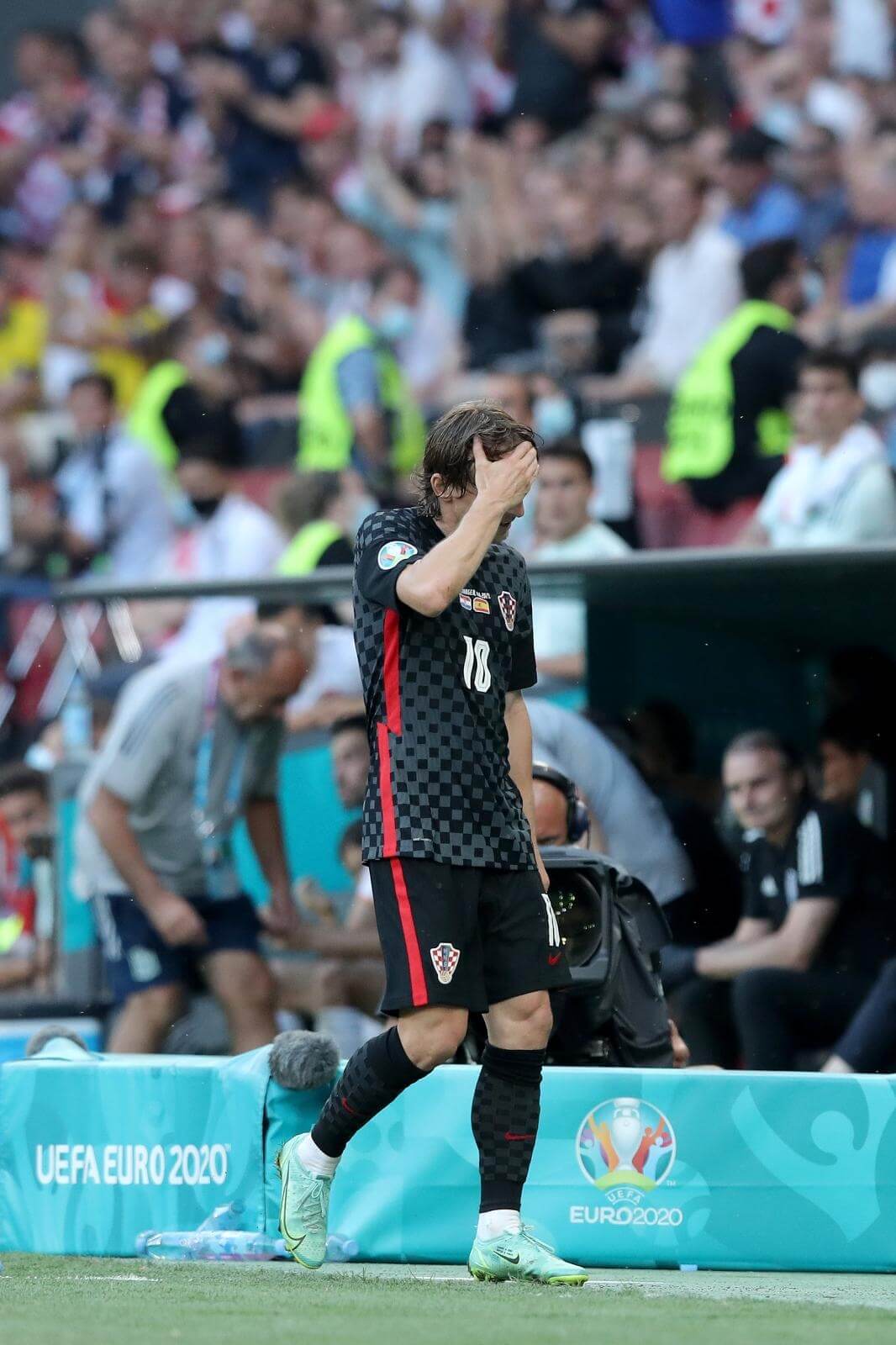
© Goran Stanzl / PIXSELL
Highlights of the week: Croatia eliminated from Euro 2020 after losing to Spain
Croatia and Spain met in Copenhagen on Monday for their EURO 2020 round of 16 match. It was a decent effort from Croatia, but not enough. Despite the Spain own goal in the 20th minute, the distraction as Rebić went to change his boots saw Spain even the score. The score towards the end of regular time went to 3:1 for Spain, but Croatia managed to lower to 3:2 and finally, in the added time, Pašalić scored for 3:3.
But, the euphoria was ruined for Croatia as in extra time, Morata earned Spain 4:3, and by 103rd minute, the total and final score was 5:3 for Spain. It was one of the more intense games on Euro so far as both teams show incredible spirit and persistence.
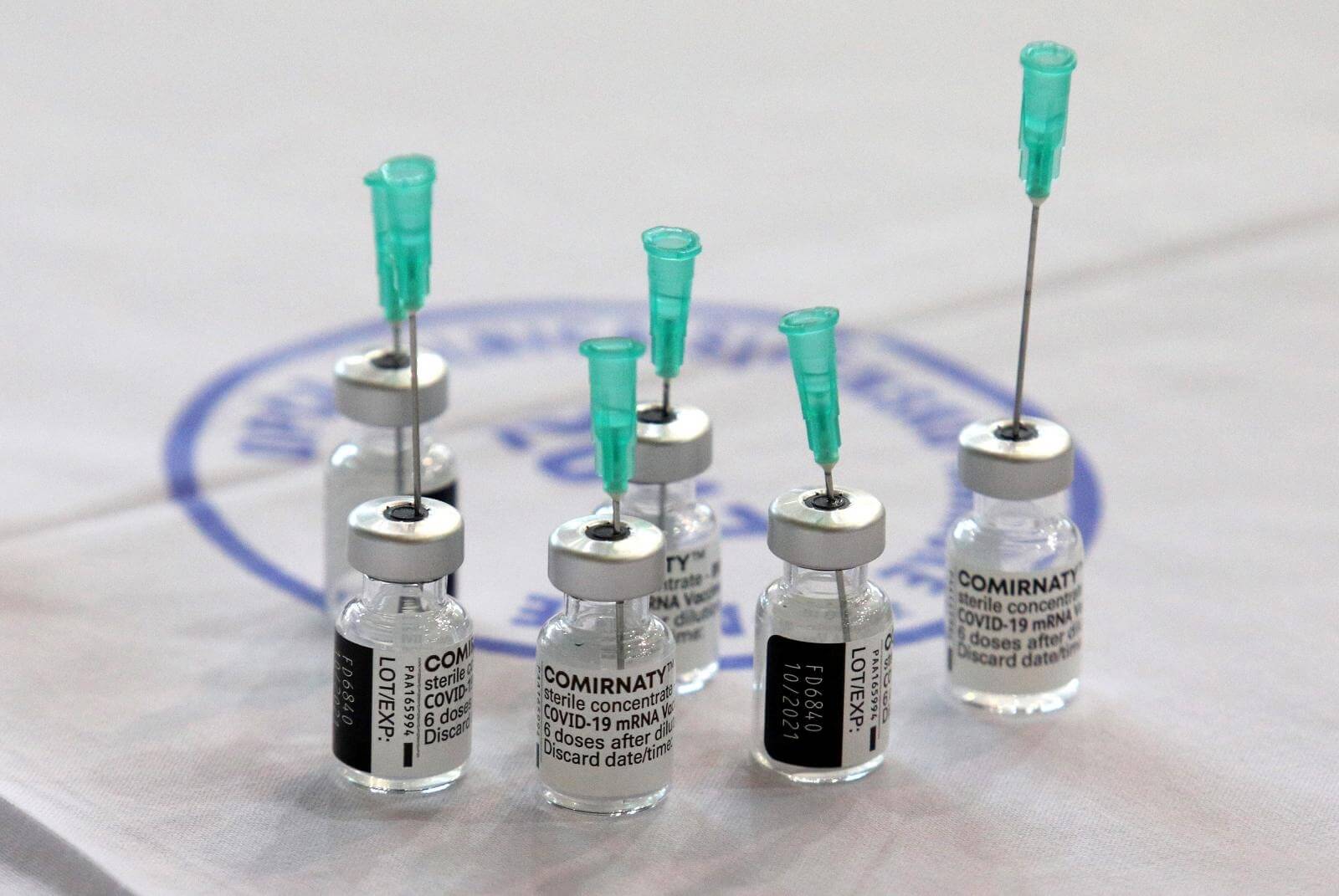
© Dusko Jaramaz / PIXSELL
Highlights of the week: Opposition parties against vaccination being required for job-keeping payments
The Social Democratic Party (SDP) called on Prime Minister Andrej Plenković on Thursday not to make vaccination a requirement for job-keeping payments, while the Most party said business owners were being blackmailed into vaccination.
As TCN reported, SDP leader Peđa Grbin elaborated his dissatisfaction via social networks.
"In Croatia, mandatory vaccination is possible, but the obligation is first established under the law on the protection of the population and then regulated and worked out under Immunisation Rules and the Mandatory Vaccination Programme. The obligation of vaccination can't be imposed in another way, notably not by linking support for entrepreneurs with vaccination," SDP president Grbin posted on Facebook.
"Most is against entrepreneurs, who are being forced into vaccination through blackmail, saving the government's mindless epidemic policy", stated the Most party on its official Twitter account. They added that Croatia was stuck with over 300,000 surplus vaccines because of poor government moves and communication omissions.
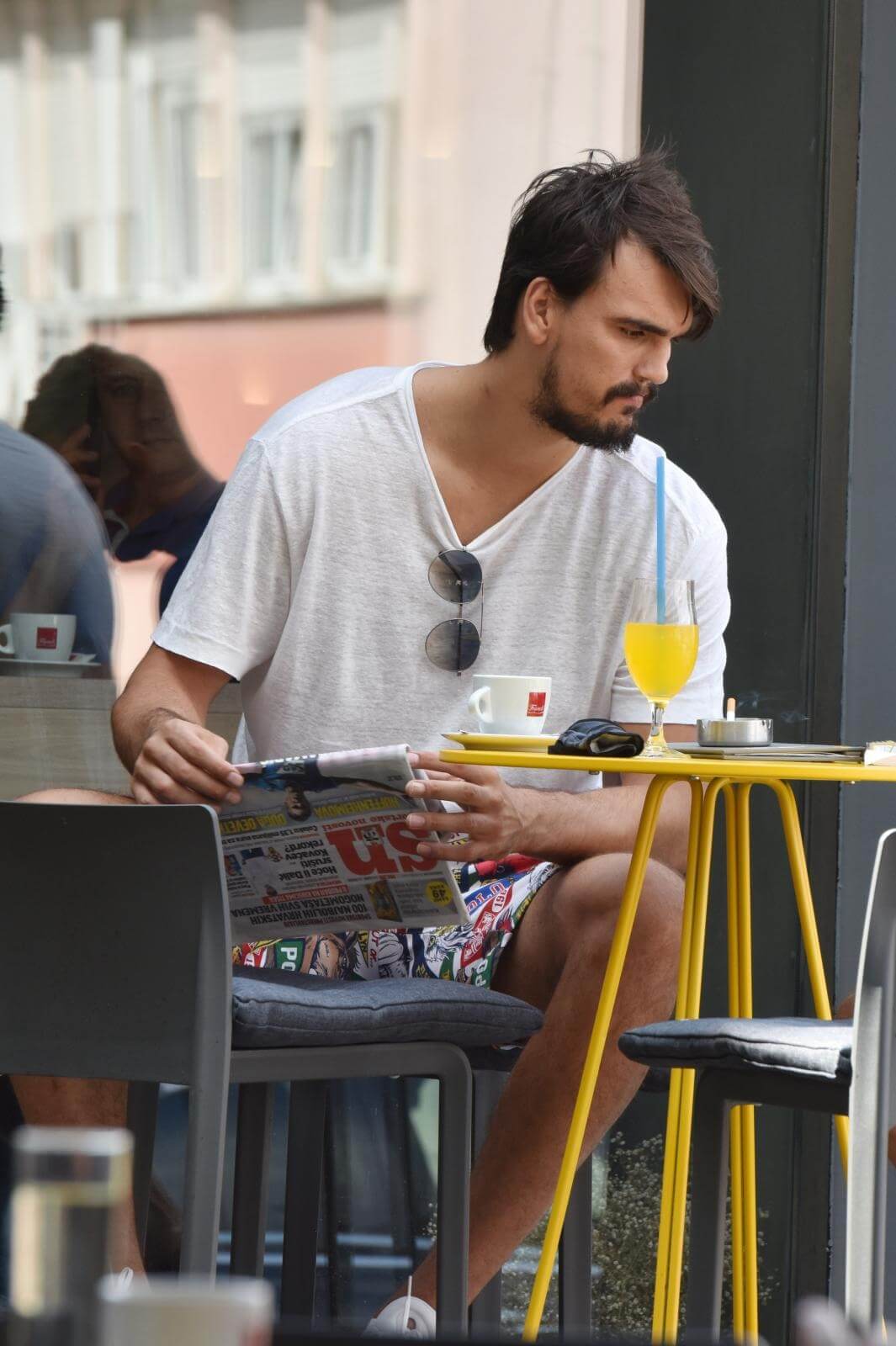
© Hrvoje Jelavic / PIXSELL
Highlights of the week: Dario Šarić becomes 5th Croatian basketballer in the NBA finals
Šibenik's Dario Šarić is the 5th Croatian basketball player to reach the NBA finals! As TCN wrote, Šarić became only the fifth Croatian basketball player in the NBA league finals, joining the company of Dražen Petrović, Toni Kukoč, Žan Tabak, and Ante Žižić. Šarić plays for Phoenix Suns. They topped the Los Angeles Clippers 4-2 in the NBA Western Conference Finals. Apart from basketball, Šarić also likes to enjoy sipping coffee on Šibenik cafe terraces, as portrayed in the photo.
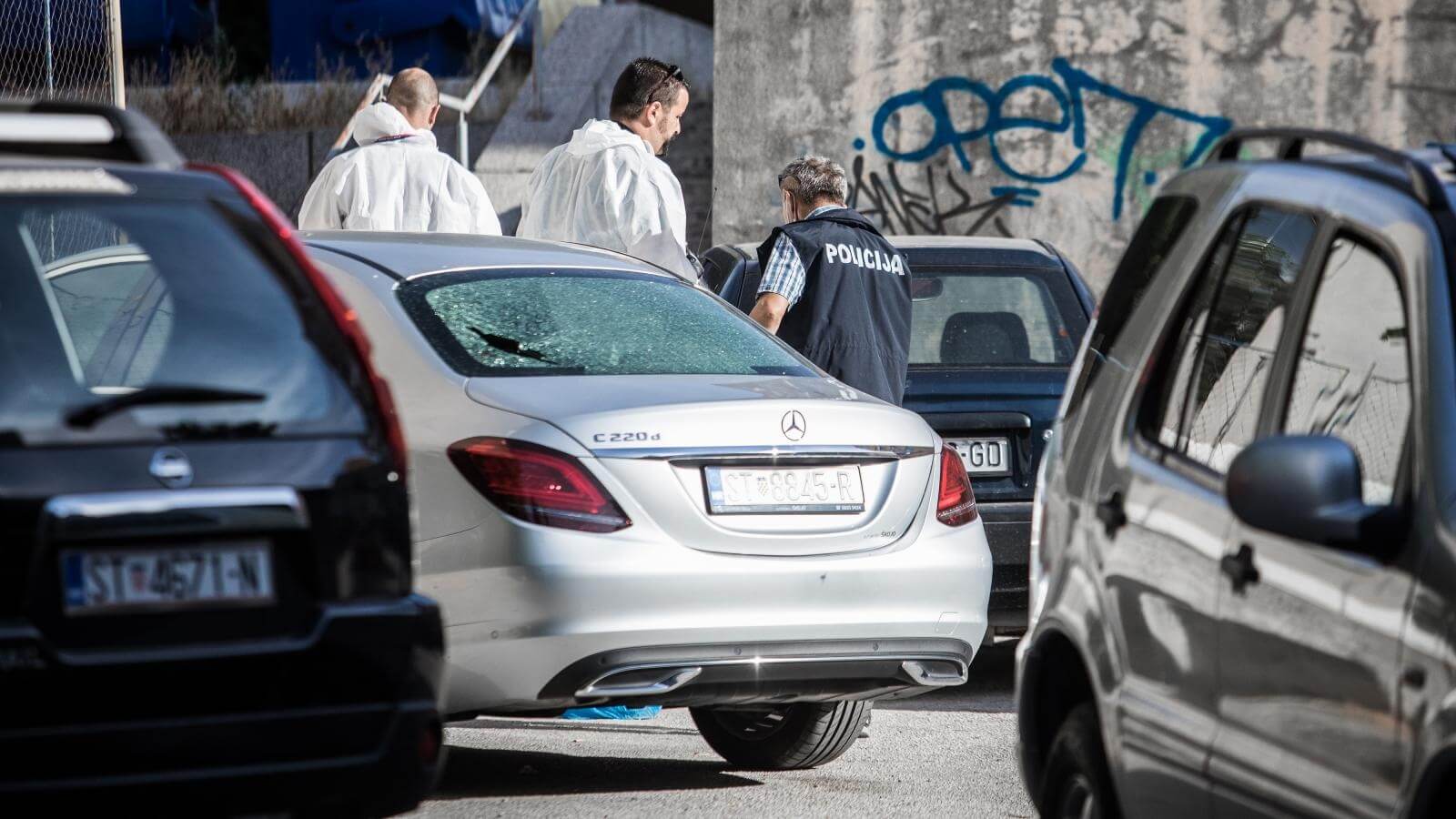
© Milan Sabic / PIXSELL
Highlights of the week: Bomb planted in Split. One person injured
In the night from Thursday to Friday, an unknown person placed an explosive device underneath a vehicle. The explosion damaged six cars, and one person required medical attention. The investigation is ongoing since Friday morning.
To learn more about Croatia, have a look at our TC website.
For more about news in Croatia, follow TCN's dedicated page.
Highlights of the Week: 5 Big Events in Croatia from May 17-23, 2021
May 23, 2021 - TCN's highlights of the week. A look at the events in Croatia from May 17 through the selection of TCN's reporter Ivor Kruljac.
From Local elections to released details of the Euro 2020 championship strategy to the release of Zoran Mamić. Add Besana company attempting to boost its position in Croatia, and you have a truly exciting week. Here are the highlights.
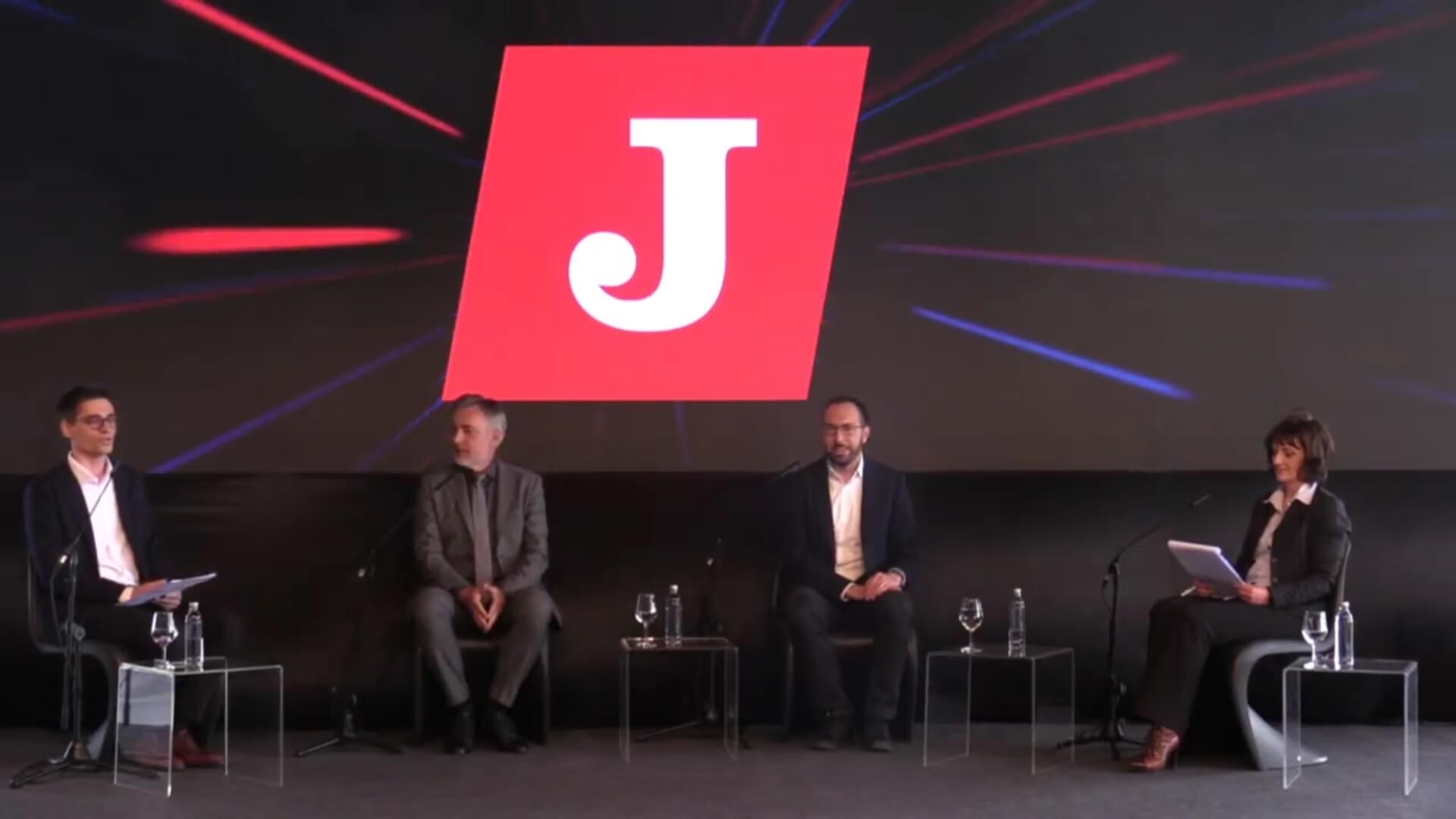
screenshot / Jutarnji list
Highlights of the Week: Zagreb mayor candidates Tomašević and Škoro had a debate ahead of the second round of elections
Jutarnji List invited on Friday mayoral candidates Miroslav Škoro (Homeland Movement), and Tomislav Tomašević of the green-left party We Can! to debate ahead of new elections.
In the first round of the elections, We Can! earned 147.631 votes (45.15%), while Homeland Movement had 39.789 votes (12.16%). Before officially entering the second round, Škoro declared Tomašević and We Can! party extreme left and pushed the narrative of elections as an ideological referendum among right-wing and conservative circles. Škoro also accused We Can! of being foreign mercenaries working for a philanthropist George Soros or wanting to revitalize Yugoslavia and Škoro's associate Zlatko Hasanbegović earlier in the week called We Can! a lesbian syndicate. Additionally, Nikola Grmoja (Most Party) stated for N1 that We Can! are Soroshians and accusations of their weird name-calling saw a random generator on the internet designed to mock these terms by random options of name-calling. Meanwhile, Tomašević continued the campaign talking about solutions to the problems Zagreb is currently facing but occasionally makes remark accusations while keeping it clean. The debate on Jutarnji List saw similar rhetoric from both candidates in their public performances, and overall, at least for the people of Zagreb, May 30 can't come soon enough.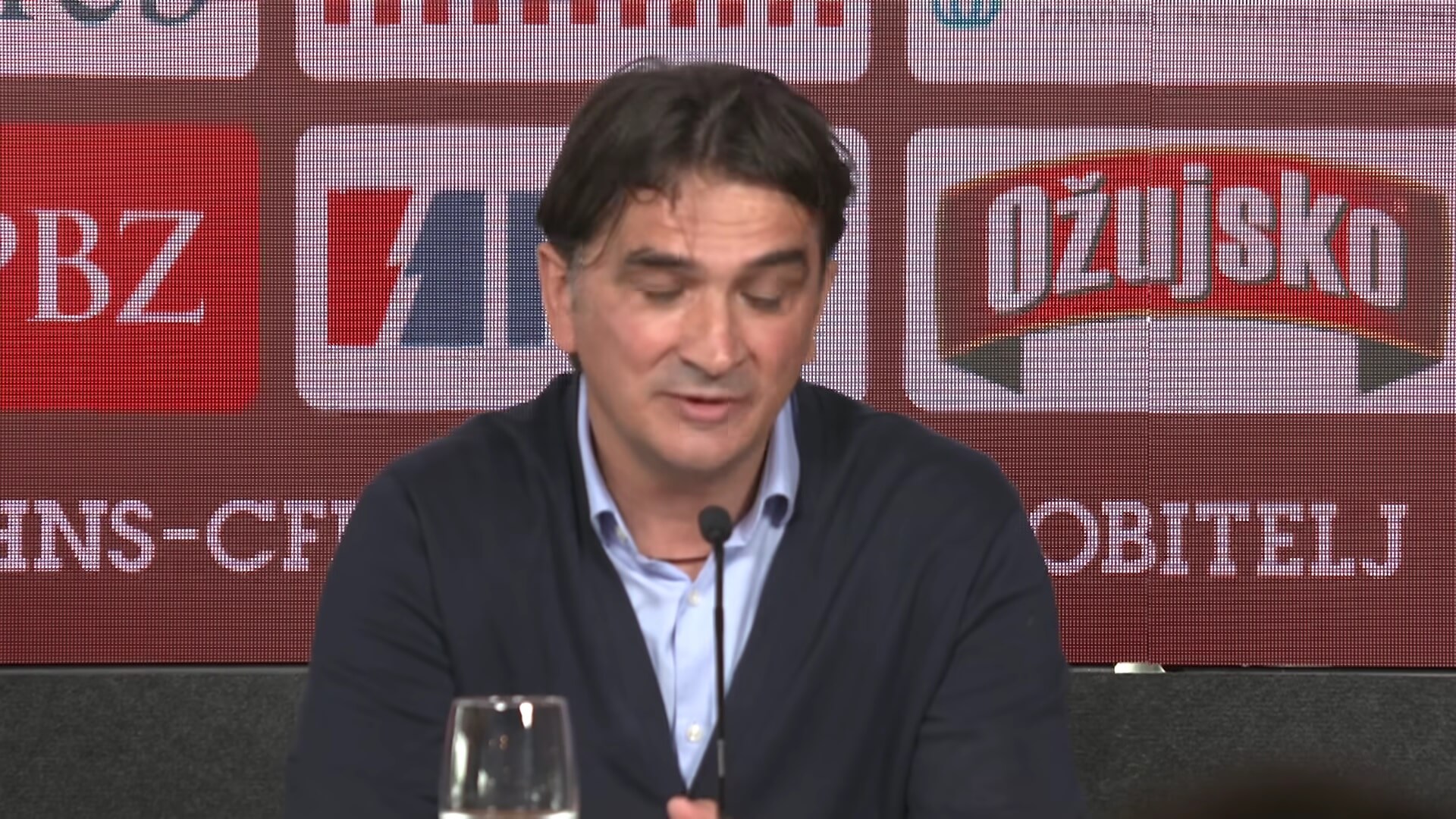
screenshot / Hrvatski nogometni savez
Highlights of the Week: Zlatko Dalić announces preliminary EURO 2020 Croatia player list
Coach Zlatko Dalic has announced the preliminary EURO 2020 Croatia player list on Monday. Luka Modrić (Real Madrid), Marcelo Brozović (Inter), Milan Badelj (Genoa), Mateo Kovačić (Chelsea) are some of the names that made it on the list.
The Croatia national team has entered the last month of preparations for the European Championship, which opens on June 13 at Wembley against England at 3 pm.

screenshot / RTL
Highlights of the Week: Zoran Mamić released from custody
Former Dinamo football coach Zoran Mamić will remain free while in Bosnia and Herzegovina; however, he will have to report to the police once a week, and his personal documents have been temporarily confiscated, the court in Bosnia and Herzegovina decided on Wednesday.
Zoran Mamić was arrested early Wednesday morning by officers from the State Investigation and Protection Agency (SIPA) based on an arrest warrant issued against him in Croatia.
After that, Mamić was handed over to the court in Sarajevo. Judge Branko Perić determined his status, including his citizenship of BiH. The judge ruled that Mamić would remain free with precautionary measures and was ordered to give in his personal identification documents.
The court did not discuss the matter of Mamić's extradition, considering that Croatia has not sent a formal request yet.
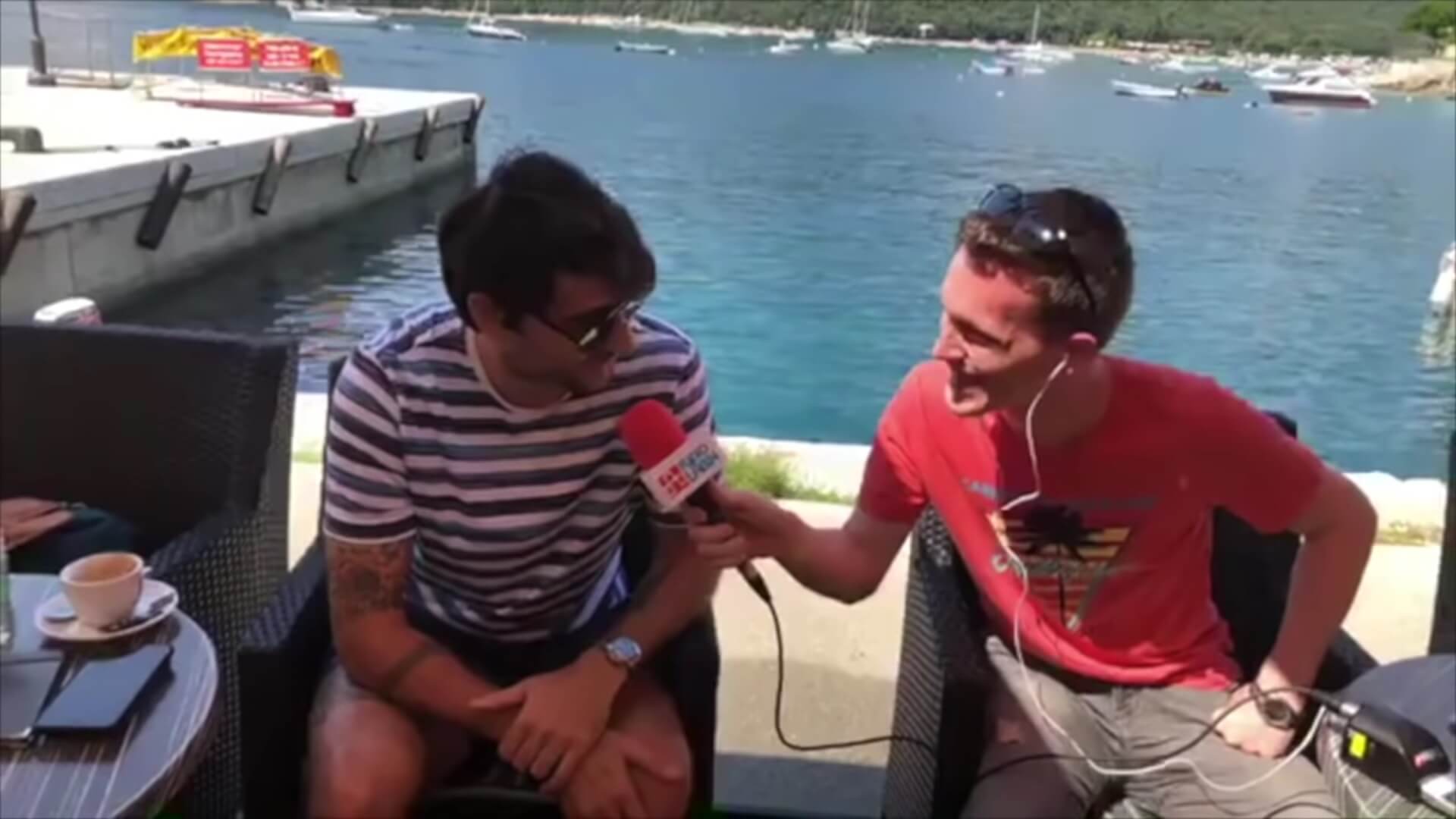
screenshot / Radio Labin
Highlights of the Week: Former football player Vedran Ćorluka new Croatian assistant coach
The new Croatia national team assistant coach Vedran Ćorluka was officially presented by coach Zlatko Dalić at a press conference in Zagreb ahead of EURO 2020.
Although there was a lot of speculation, Croatian football player Vedran Ćorluka officially announced the end of his playing career and was confirmed as the new Croatia assistant coach on Monday.
"I did not plan it, but the moment has come," said Ćorluka at the press conference at which coach Zlatko Dalić presented the list of players for the upcoming European Championship.
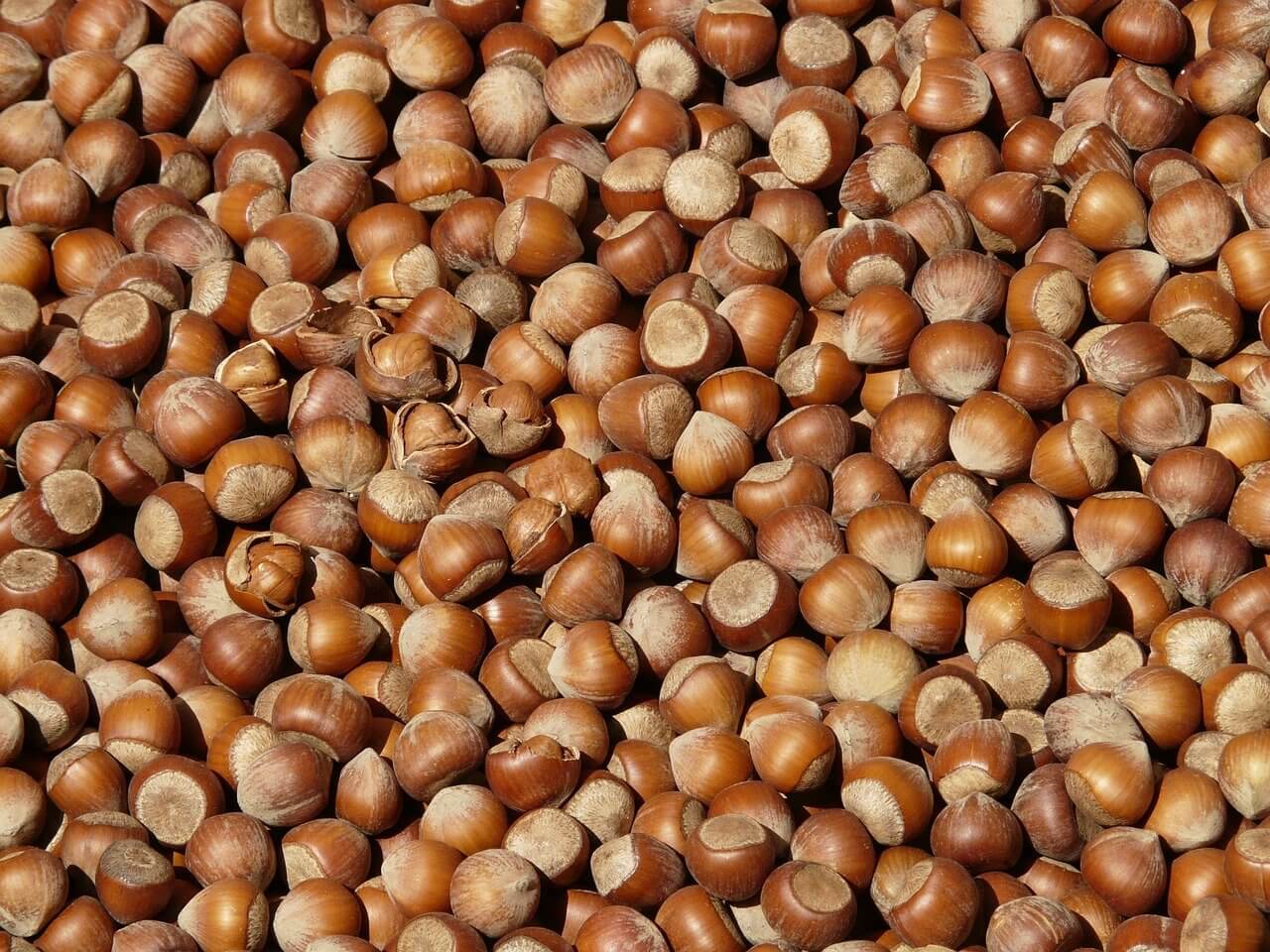
Pixabay
Highlights of the Week: Italian company Besana strengthening position in Croatia
The Italian company Besana, which is otherwise one of the strongest European companies in the production and processing of nuts and dried fruit, is working to further strengthen its position here in Croatia.
As TCN reported on Monday, the Italian company Besana currently has 50 subcontractors located in Croatia, from whom it buys about 100 tonnes of hazelnuts per year. But, much more can be expected if their plans go well.
To learn more about Croatia, have a look at our newly launched TC website.
For more about news in Croatia, follow TCN's dedicated page.
Highlights of the Week: 5 Big Events in Croatia from May 3-9, 2021
May 7, 2021 - TCN's regular retrospect of Highlights of the week, through the selection of TCN's reporter Ivor Kruljac.
President Milanović loved by locals in Plaški. Firefighters quickly reacted to the fire in Zagreb recycle yard. Pula celebrated its liberation while Šibenik received new doses of coronavirus vaccines. Dinamo and Hajduk end their match in a tie. Overall another interesting week in Croatia, and here are more details on all highlights.
Highlights of the week: President Milanović loved in Plaški county
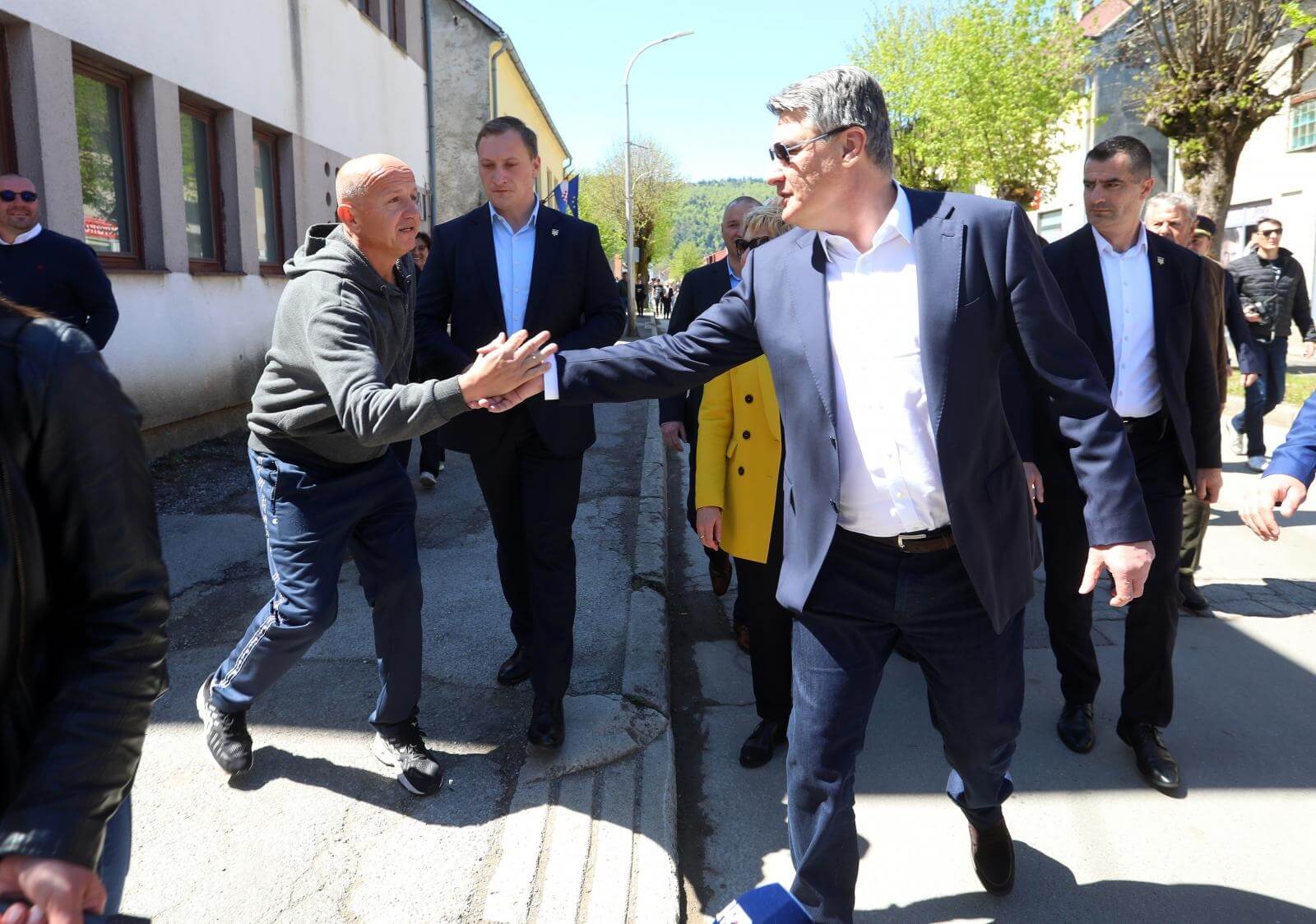
© Kristina Stedul Fabac/ PIXSELL
Croatian president Zoran Milanović visited Plaški county near Ogulin on Tuesday to visit the newly-build Firefighter's home and Plaški Culture Home. The locals welcomed president Milanović with ovations, and many use the opportunity to handshake and take a photo with the president. As Večernji List reports, Milanović took the visit as an opportunity to comment on the hate speech incident at Borovo Selo. He stated that the President of Serbian National Council Milorad Pupovac and Croatian Prime Minister „should use the police, but they don't, they are causing incidents.
Highlights of the Week: Pula celebrating its liberation in WW2
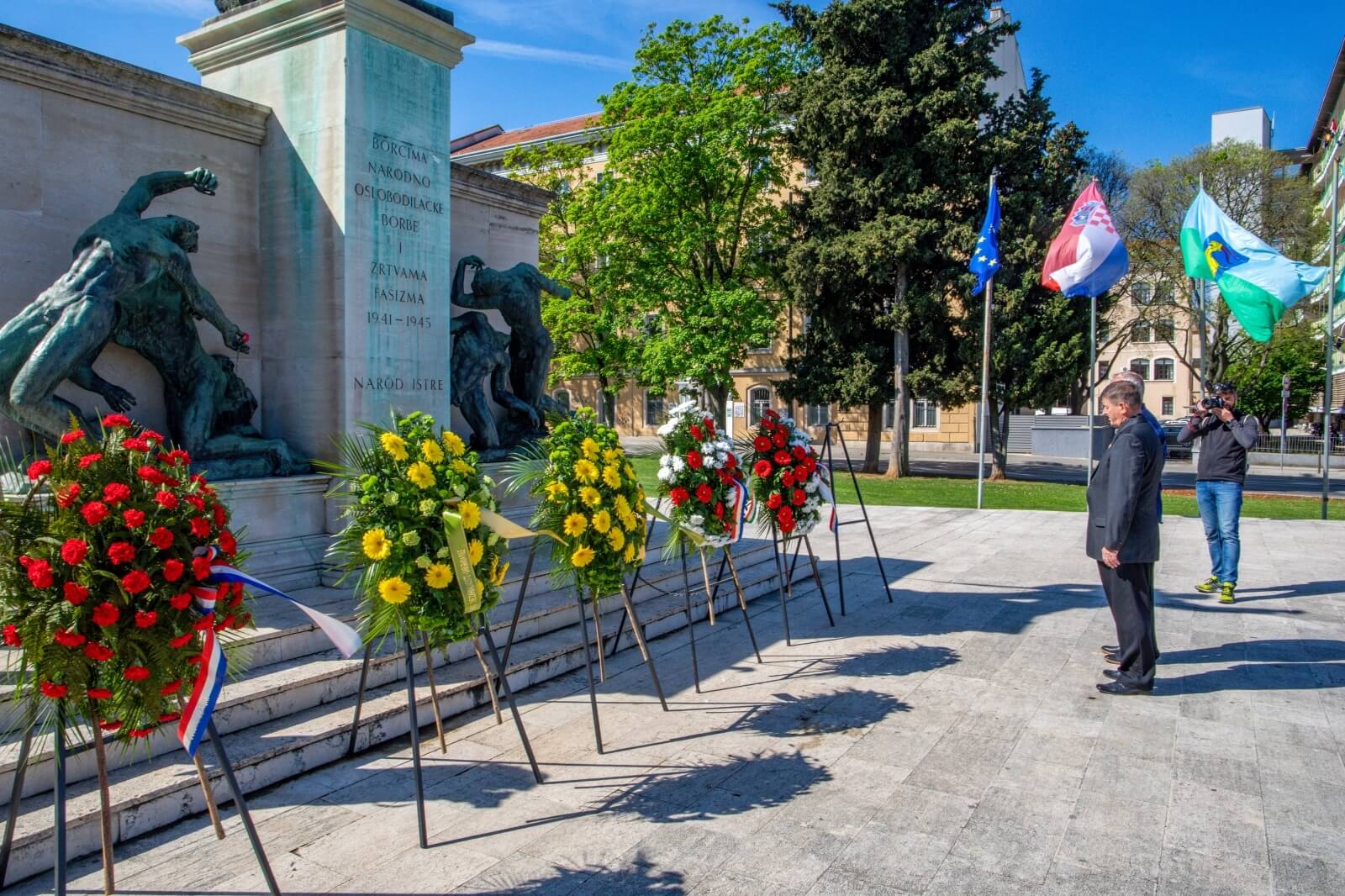
© Srecko Niketic/ PIXSELL
Pula celebrated its annual liberation day and the Pula City Day, marked on May 5. In Tito's park, the traditional commemoration to the fallen WW2 soldiers of Tito's partisan army saw Tiziano Sošić (president of Pula City Council), Elena Puh Belci (vice mayor of Pula), Aleksandar Matić (chief of the City of Pula Office) and Fabrizio Radin (vice-county ruler of Istria county) paid their respects. Representatives of associations of anti-fascist fighters and anti-fascist of the city of Pula were present too.
Highlights of the Week: Dinamo and Hajduk end with an even score 1:1
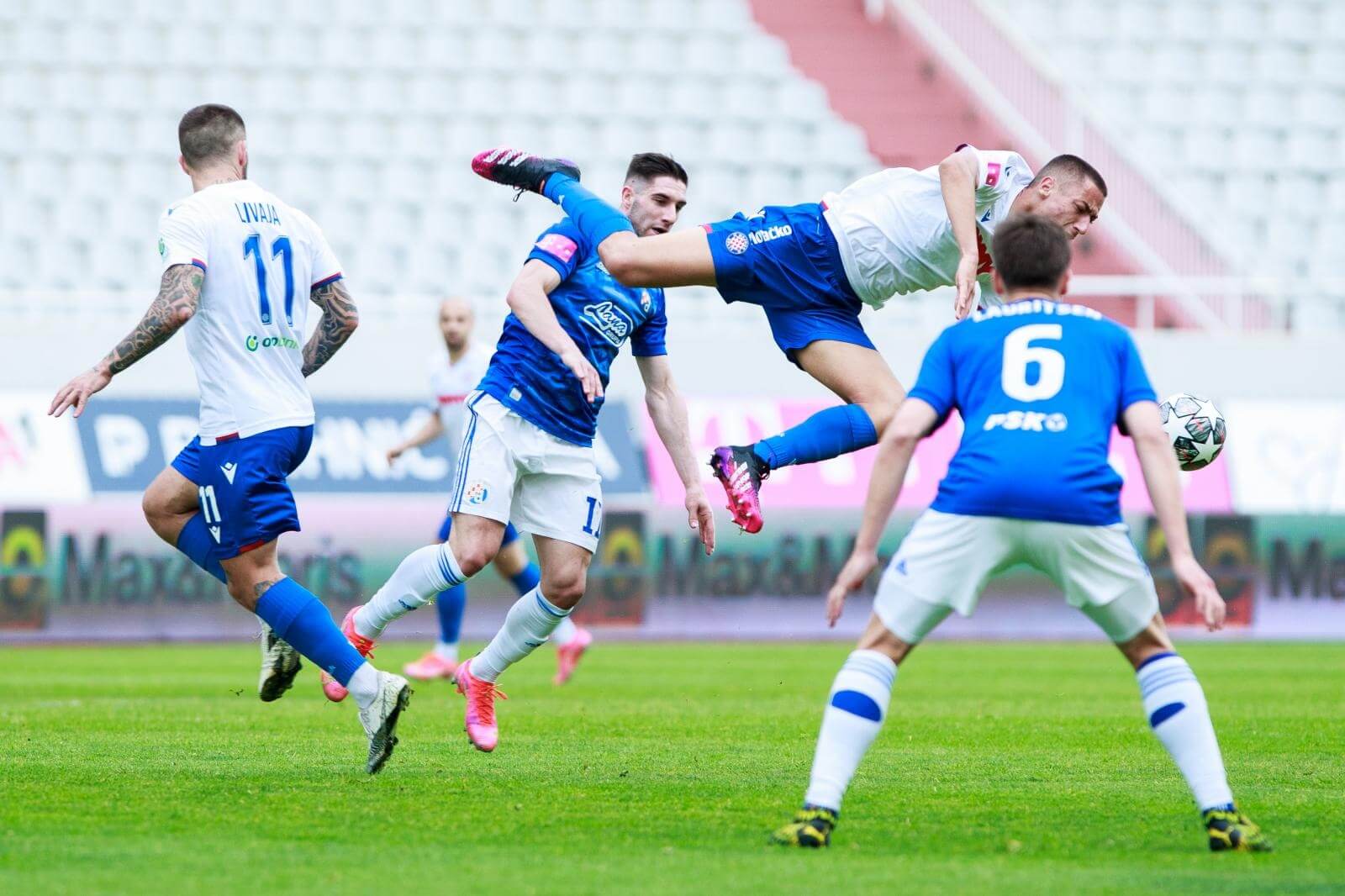
© Milan Sabic/ PIXSELL
Hajduk and Dinamo's eternal opponents played another game at Hajduk's home of Poljud Stadium in Split on Wednesday. The match was the 22nd round in Croatian First League, and fans couldn't wait for it as the game was postponed.
Hajduk opened the match well and had a chance to take the lead in the first 20 seconds. Kačaniklić received an excellent long ball and ran on the right side. He rushed into the penalty area and shot diagonally, but Livaković came out and closed his corner. Dinamo improved and took the lead in the 16th minute with a goal by Majer, and Livaja returned the favor in the 44th minute. Diamantakos hit the crossbar in the final minutes of the match but without success.
After three victories in the previous three clashes with Hajduk this season, Dinamo failed to achieve maximum performance and almost mathematically secured the title but entered the last four rounds with a seven-point advantage over Osijek. The fail happened despite Dinamo facing Hajduk with the strongest possible lineup.
Highlights of the Week: Vaccination in Šibenik continues successfully
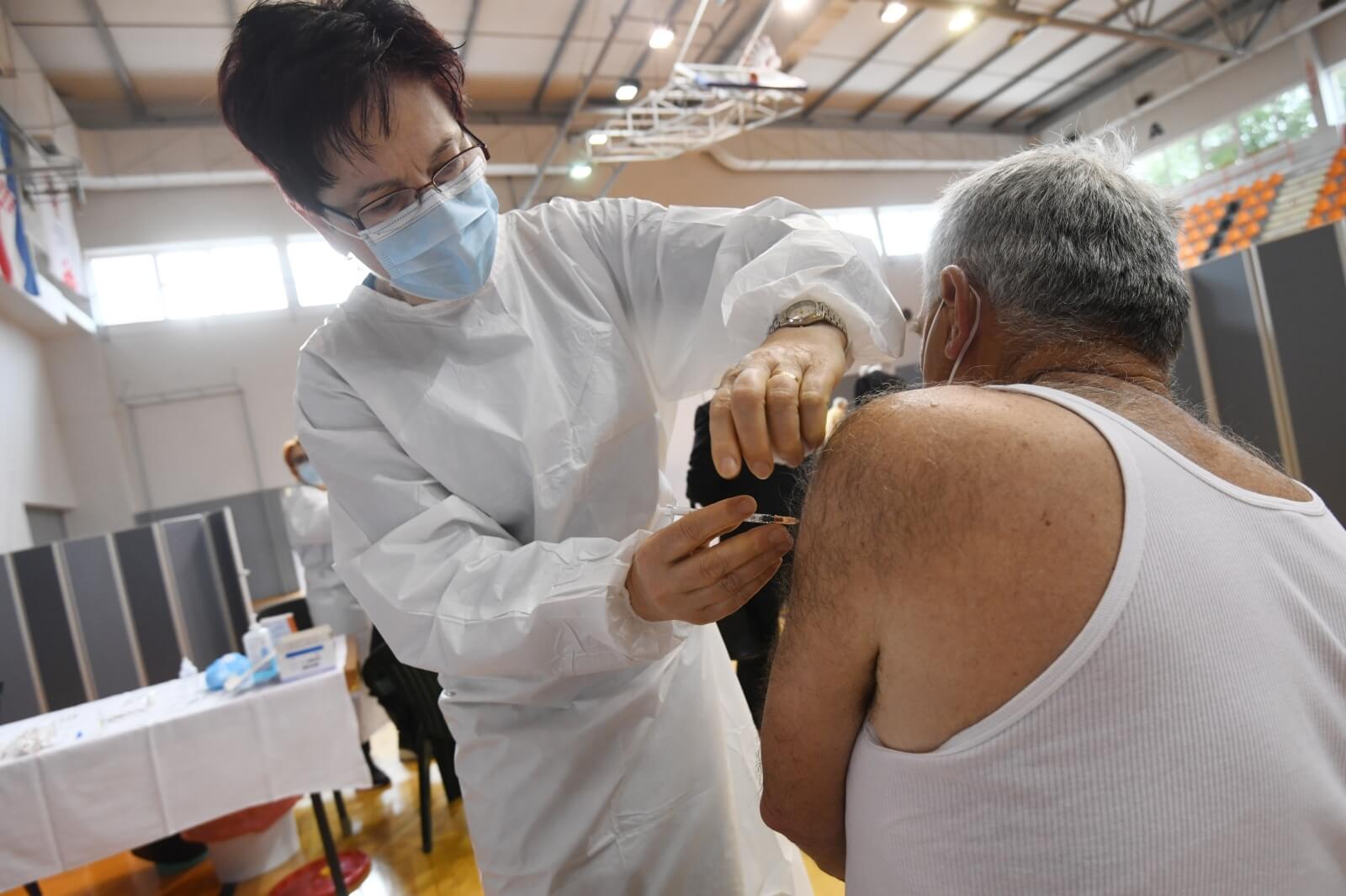
© Hrvoje Jelavic/ PIXSELL
Larger quantities of vaccines came to Šibenik on Friday, allowing vaccination in Baldeki Sports Hall to go without problems for the second day in the row. The vaccination attracts a number of citizens, so the area got quite crowded.
Highlights of the Week: Recycling yard in Zagreb on fire, reasons unclear
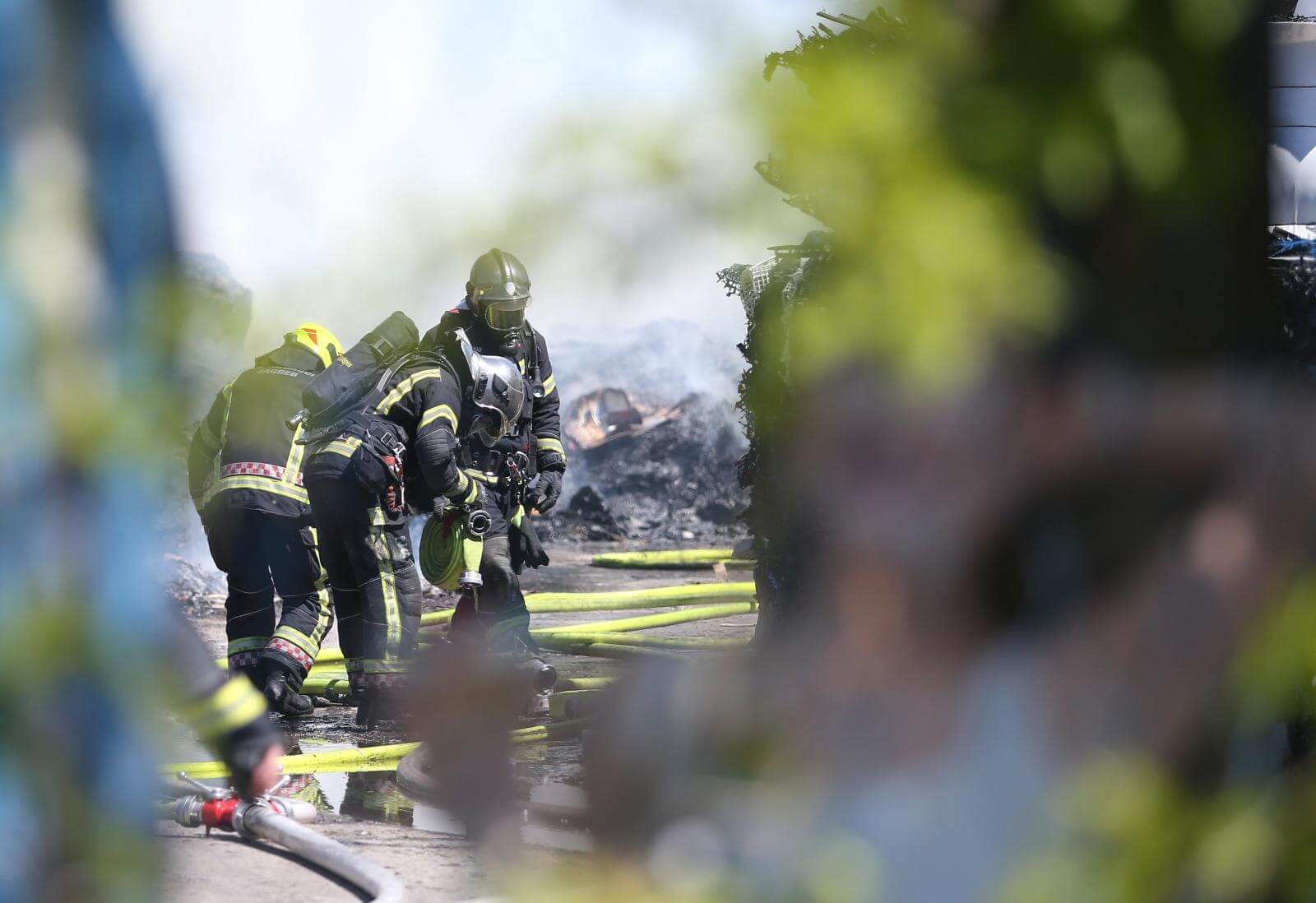
© Matija Habljak/ PIXSELL
Zagreb's recycling yard, located on Sarajevska Cesta in Novi Zagreb, was victimized by fire but quickly localized and put under control on Tuesday. The fire caught four containers, and 21 firefighters with six fire trucks rushed to the field. Police investigated the cause of the fire, but the reason is, for the moment, unknown. Firefighters managed to operate despite the lack of hydrants, and the thick white smoke was noticed by citizens who live in the buildings close to the yard, reported Večernji List.
To learn more about Croatia, have a look at our newly launched TC website.
For more about news in Croatia, follow TCN's dedicated page.


